Yemisi Aribisala rails against the new fundamentalism cresting the wave of global feminism sweeping Nigeria. She challenges the gender imperialism implicit in its aspiration to uniform ideas of celebrity, power, erudition and beauty. Speaking from her own everyday lived experience, she rejects the “distasteful vitriol” that characterises its social media discourse, and grapples to give words to meanings often unspoken about woman’s power in Nigeria.
Orisa bi Iya o ko si l’aiye (no Orisa in the whole intact world worthy of worship as Mother)
I have never had intrinsic fuckability. I have always been the sidekick of the intrinsically fuckable: the distant cousin from the village visiting the girl next door, wearing her hand-me-downs. Slouching, day dreaming in company, toppling mysteriously over my own feet when I walked, I sat at the back of every church clueless enough to open its doors to welcome me. This is just the tip of my default setting of social awkwardness. I have never been an indelible notch. Nothing in the local government area of a Carat. But the men in my life, the ones that count, for whatever reason never begrudged me luminescence, never mind it is candlelight. The corollary is that I was nearly successfully indoctrinated by the women in my life, by those that made up the ceiling of the house held up by the walls of men… that I must be denied room in the house based on my inability to follow rules. This is the senryu of my life in that house made up of men and women and androgynous keyholes. On three implacable counts, I have lost the love of a man by veto of the matriarch. I mean that I have been evicted because my fuckability counted for women, not for men.
“In a dream house, men are the walls and women the ceilings. The keyhole is the master’s ear; the house servant who reports everything to the master.” – The Islamic Dream Dictionary
Here is the full litany clarifying my position in the crevices. Not in the house. Still not there. In the outhouse where Nigerian women who don’t know how to be part of a collective identity are managed and archived. Professor Karen King Aribisala, born Guyanese, Nigerian by marriage, writer, feminist, confided in me years ago how disorienting it was to come and live in Nigeria and find that one could only be special by being part of a consensus; by wearing the ceremonial wax-print uniform we call aso-ebi. Never for the sake of one’s individual resonance. Never, it seems, as a distinct individual or an “I”. A strong contrast to her upbringing where it was taken for granted that you were special by division; by wearing your own chosen clothes. She made these observations 20 years ago.
This year, 2015, the fence was knocked down with everyone sitting on it: “Every Nigerian woman has to say she is or she is not feminist.” The real objective of toppling the fence is every Nigerian woman must say she is feminist. It is a say-you-are-one-of-us-or-else mandate. The acolytes of New Nigerian feminism are green and fundamentalist. There is collective pressure to think and aspire globally, to follow a timeline that reflects the Nigerian woman’s do-or-die trendiness and determined worldliness; to showcase our active participation in the shaping of the world. The freshest, shiniest most intoxicating insignia of global feminine power has recently been divided into half literary icon Chimamanda Ngozi Adichie, half superstar effervescence and womanish choler of Beyoncé Knowles-Carter. The two women together encapsulate celebrityhood, power, erudition, beauty, “elevated black woman that we can touch”. They represent Nigeria.
Some people say Beyoncé is as good as Nigerian. There is Adichie’s lyricism and persuasion standardised in a 2012 feminist manual – “We should all be feminists”; then there is the frosting of Beyoncé’s monster hit called “Flawless”, incorporating parts of that manual. Before 2013, Nigeria owned a cache of resourceful, cerebral, acutely educated Nigerian women who are very powerful. They inherited matriarchal power to boot. They existed, ruled before the ubiquitousness and chattiness of social media. Social media did not spontaneously combust and manufacture or rally Nigerian feminine power. It presented a big fluffy communal pillow on which ideological drooling was indulged, provided a place where you could hear and see and admire the Nigerian woman more easily. Established Nigerian female writers and journalists for example have for years had “feminist” in their CV as well as in the integrity of self-description. Many Nigerian feminists I know have been revving for the global lambency of women’s rights for decades, without the evangelistic self-serving standpoint of 2015, without the urgency and the say-you-are-one-of-us buzzword. Without attempting to overwhelm the individual woman’s right to refuse the label of feminist.
A middle-aged Nigerian beauty queen was asked two decades ago on Nigerian television who her global contemporary was. She purred without missing a beat, “Princess Di”. It mattered nothing to her that Diana was married to the Crown Prince of the most class-conscious nation in the world. She meant and believed what she said to the core of who she was. And this confidence, disregard for glass ceilings and knowing-thy-place was not earned by any connection to royalty. Nigerians who own mews in Chelsea and go to the races in Ascot do not believe anything distinguishes them from the royals – not birth, not taste, not money or appetite and certainly not class.
Nigerian women have long been zealous for the treads to the global stage; have been confident of their positioning long before Agbani Darego won the 51st Miss World pageant. New Nigerian feminism had, of course, to wear the long-brewed confidence. Adichie and Beyonce filled a vacuum, creating a new Nigerian cultural phenomenon like a tailor-made dress, with consolidation of power of two luminous brands. No sooner did Nigeria inhale the potpourri of power, than it supported it with the adoption of collective and religious language. The brand of feminism quickly bridged the gaps between aspirations, entitlement and liberal religion. Social media was intoxicated. Nuance and shades of dissent were verbosely attacked. We chanted in agreement with Adichie: “We Should All Be Feminists.”
For those who want to celebrate the innovativeness of the recent growth of Nigerian feminism, there is the question of why the first to-do was the choice of aso-ebi. The likes of Karen King Aribisala would surely be confused by the new feminism. The one she signed her name against was less fuckability and cultural-correctness. More “Deeds”, less “Words”. More room of one’s own, less dormitory lodgings. More Bell Hooks and Kicking Tongues. In personality about “otherness”, opinionatedness, vigorous intellectualism. It was fringe dweller with colander mouth: women with an aversion for church, with bootprint indentations on their backsides.
Feminists like Yemi Adamolekun, executive director of Enough is Enough, are almost three decades younger than Karen King, but this does not exempt them from deep perplexity at the manifestations of New Nigerian feminism. They wonder why Chimamanda agreed to the consolidation of viewpoints with Beyoncé. What has a brilliant, questioning, grounded mind like Adichie’s got to do with Beyoncé’s glittering confetti and goddess status?
Nigerian feminists consider the question too incorrect to approach. They shout down her own society’s red flags that she is just about the fame that association with feminism continues to afford her. Her husband, Jay Z, might use the words BITCH and HO in his music and Beyonce’s near-nude public appearances might contradict the need to de-emphasise over-sexualisation of the female form: the call to worship nature of her words in “Flawless”, “…I Been Down…bow down bitches, bow bow down”, might niggle, distress, ring deafening alarm bells about whether the songbird truly desires equality between men and women when she croons disbelief in equality between women and women. Nigerian women aren’t engaging the morality, the lack of documentation of Nigerian feminism. What It Really Stands For. At the very foundation, there would be the question of what a Nigerian feminist does. Engagement with hotter political topics seems doomed from the beginning of the party.
Gender Equality and the identification and regulation of Patriarchy? Yes.
Women not having to wash dishes? Yes.
Women owning justification to keep their names after marriage? Yes. Yoruba history for example claims women can never take up their husbands’ totems.
Women being mistreated in social situations by bullying men? Yes, ad nauseam.
Discourse on social mobility of Nigerian women? By-and-by.
Global obligations to wear the label of feminism? Yes.
Finessing and strong-arming commitment to the global label of feminism? Yes.
Developing content and context for Nigerian feminism? Refer again to points on washing dishes, keeping maiden names and bullying by men in nightclubs and airport lounges.
Unleashing disgusting language and aggression on non-feminists? Of necessity, Yes. The traitors need to be outed.
The role or importance of an autonomous individual answer to the evangelistic call of feminism? Certainly not.
What is the real intention of women calling other women bitches and commanding them to bow down, then manoeuvring behind them with a prosthetic penis? One gets the strong impression that prima facie New Nigerian feminism doesn’t have to do anything heartfelt. It just has to register its company name, grow fat, bide its time, break social media with the weight of hashtags and create an unquestioning following for the beauty of the logo. The kingdom is further promoted by publicly supporting other women who call themselves feminists, not criticising them, at least not on social media. When you are eager to grow fat, you don’t discuss calories.
Media discussions of Beyoncé’s multifaceted untrustworthy feminism is by no means out of bounds in her country of origin, and the discussions and reviews of the topic add more and more power to her label and by extension to Adichie’s. Andrew Hampp and Erika Ramirez of Billboard magazine wrote that Adichie’s talk is an “insightful commentary of feminism [carrying] power and [highlighting] camaraderie amongst women”. In her review of “Flawless” for The Guardian, Rebecca Nicholson said that by using Adichie’s 2013 TED talk as a feminist spoken word interlude in the middle of her song, the singer put “Bow Down” into a different context. In other words it is being warned and reiterated that Adichie’s convictions redeemed an otherwise tawdry violent disingenuous hymn.
Nigerian feminism isn’t ready to discuss Beyonce. And Adichie commends “Flawless” for bringing attention (if not integrity) to her feminist text. Adichie has made her stance. What about the other Nigerian feminists? In one Nigerian feminist’s eloquent language: “Don’t trust a bitch who hates Beyoncé!”
The issue of course is not the haters of Beyoncé or the haters of Adichie. There is an individual story of the Nigerian woman with regard to her historical and present relationship with power that needs to be addressed. What have Nigerian women accomplished in their years of ownership of first rights to the scripting of the male child? What about the female child? Yemi Adamolekun talks about visiting the graduating JSS3 students of a secondary school in Nigeria and watching hormonal girls with vigorously developing bodies carrying themselves awkwardly, a visible fog of confusion accompanying every step. These were girls whose parents can afford to send them to the best schools in the world. Opportunity, education, the power and freedom to form ideas, the ability to choose careers – all these doors are open to them. There is something askew about the software though. The girls are in pain over the realisation that “Sexy” and “Princess” are not two of the career options. University education is a given for the Nigerian upper class girl child, but the opportunities of university education are limited; not necessarily about the aggressive development of the mind, or of depth or excellence, or the exposure to rocket science, mathematics or history of hairy mammoths. Nigeria is a competitive environment but often the competition is not required to be value-based and there is a predictability to that which is valued and encouraged. These girls are brought up by a class of Nigerians who have access to many things that feminism is fighting for in many societies. Yet, they have been taught that fuckability can be a real advantage. “Erotic capital” and “Beauty” aid social mobility. “Brazilian hair” may very well be one’s key to greatness. There is no premeditated counter-culture. The middle ground is a question mark. If you do not wear aso-ebi, then what do you do?
Importation of goods and ideas is an intrinsic part of Nigerian culture. Dissenters from common culture are booed and called colourful names. The girls have full access to social media like their counterparts in the UK and the USA and their definition of pop culture is British, American, global. Grounded aspiration in the light of all these distractions is boring. The acolytes of New Nigerian feminism are being harvested from this segment of impressionable girls upwards to Nigerian women in their late 30s. Some supporters are in their 40s but they are more restrained in their enthusiasm, possibly having experienced and studied other offerings and manifestations of feminism. Perplexity and questioning are therefore only happening in a very slim margin of Nigerian women.
Yemi Adamolekun defines feminism as encouraging people to be their best selves and encouraging the realisation that they are not defined by men but by the purpose for which they were created. She says that the word “feminism” still causes a mental block in Nigerians. She says she fears for the generations of Nigerian girls growing up in Nigeria today.
I once heard the writer Molara Wood quote Cheris Kramarae: “Feminism is that radical notion that women are people.” I wondered whether the knees and elbows of the famous quote could fit at all in the Nigerian box. A Nigerian feminist friend informed me that as long as I am a woman I am a feminist. Another close friend and professional colleague told me that female publishers don’t like/won’t promote the work of women who are not feminist. A feminist acquaintance instructed me to go and make close female friends with immediate effect like she was shooing away a dog with fleas.
I am not feminist, liberal, Western liberal, nor am I successfully BFF with three or more women. There is therefore supposedly something crucially at stake as regards my kind of recalcitrance. There is a leakage it creates in ascendancy and consolidation of feminine power and in the struggle for equality. I am told my claims to intellectual power (if indeed the generator is working) cannot be made without my acquiescing to the title of feminist. My positioning in the world cannot be disconnected from the women who have gone before, who have fought for the right to speak. I ask who these women are by the way and I sometimes get back: “…Beyoncé.”
My voice is owed to the church and to the global call for equality for the sexes, more specifically equality for women and their rights at work, at home, in politics, in publishing, wherever it counts. I have been asked between gritted teeth if I really want to be seen to be standing on the other side of these goals. I have caused shock and anger by categorically stating my preference for the company of men, for their creamy soundlessness, their open-faced hunger at the table, and their generous forbearance for my oddness. My favourite men are hairy, intense, strong and silent and left-handed, no trace of metrosexuality or faddishness; the au courant caveman.
When I was 10 years old, my uncle and his wife took me to New York, and in New York, to a neighbourhood shop in Far Rockaway, Queens. My uncle stood a distance away and asked me to pick something; anything that I liked. I stood with my attention stressed. I was brought up to be obsessively preoccupied with inconveniencing adults or not inconveniencing them. I was calculating like my mother taught me to: not too expensive, not too cheap, not over-estimating my allowance to choose, or what was my self-valuation expressed in the choosing. I decided I wanted a royal-blue rectangular box of cookies with superheroes flying all over it. I took it to my uncle standing at the counter. He leaned over and said, “You only want the box of cookies because of the drawings on it.”
I denied the accusation until I was breathless. I looked up and down, and down and up and away. I offered to return the box to the shelf… but from that moment, he had my whole heart for he saw me like no one had agreed to see me, and he agreed to buy the superheroes flying on the box of cookies. The cookies in the end tasted of nothing at all but superheroes flying on a blue box. I slipped my heart into his pocket and averted my eyes.
In my early teens, battle weary, never ever fitting in no matter how hard I tried, I longed for the very first time to be like everyone else. I wanted drool on my face, straight-permed hair, supersized breasts, the adoration of a stick insect teenager lobotomised by puberty. For sure I was going to decide in the end that I didn’t like him at all at all, but that was beside the point. I wanted to be princess froth in the melting pot of an all-girls secondary school, even if for one day. I was tired of being sidekick, front-kick, back-kick, any kick at all. And I was always being kicked by other girls. There was a hierarchy of fuckability even in secondary school and I fell off the scale with my flapping duck walk.
I would like someone. He in turn would like my friend. He wanted Solitaire and her phone number. Wanted to be introduced to three-carats, to know who she was hot for, if she wore red nail varnish on cocktail sausage toes, if she levitated over a toilet seat rather than sat. I was often asked to write an exposé for another when I was offering my own heart. I won’t lie and say I just shrugged it off. It drew blood every time, but I learned to side-step and befriend dutifully, like the literarily incorrect passive verb. I served the ramshackle mission while being dismissed. Men wanted to be my friend.
My closest friends are men, therefore sentimentality cannot be removed from the balance of my relationships with them and my viewpoints on feminism. I have been shunned shamed and attacked by other women, shunned by intellectual men. I have been unfriended by women repulsed by my refusal to say I am feminist. In the words of a feminist Muriel Rukeyser, “…the truth about [my] life” has split the world open. One woman’s story successfully breaks the tout le monde jurisdiction of any consensus.
Three generations of women in my family before my comparatively insipid own have been nothing less than indomitable. I mean that these women would grind your bones to make bread: Women with two to three degrees, if not the superior credentials in street smarts. Women who rode bicycles in the 1960s, then graduated suavely to second-hand Pontiac Firebirds in the 1970s or maybe a spanking new Volkswagen Beetle. Women who voted alongside men, who paid for their husbands’ education, who financially supported nuclear and extended families, sent innumerable siblings born in polygamous households to school, raised six children of their own or 13, had a career, ran a business on the back-burner, cooked meals, cleaned house, washed tubs of clothes at the weekends, hand-washed cloth nappies before the time of disposables and affordability of washing machines, drove children to and from school, slapped the electricity from the eyes of that boss who grabbed her bottom then swore on her life she dared not. Did everything except agree to rest, put feet up, sleep. I never saw my mother sleep as a child. There was no recourse to words like “stress”, “exhaustion”, “breakdowns”. There was also no mandated showboating, no stickers for the sheer wonder of performance of life or shall we call it patient consolidation of power. While the European woman was busy sweet-talking her husband for his autograph on a hire-purchase agreement, and shea-buttering his ego for permission to open a bank account, the Yoruba woman had a fortune under her mattress, she had leave to bear her name… As Rev. Samuel Johnson writes in The History of the Yorubas, “Neither Christianity nor civilisation requires a man’s name to be given to his wife or children, considering the purpose for which children are named amongst the Yorubas.”
The women who brought me up included aunties informal and kin; street aunties and village aunties and grandmothers. Women wrote my script. They took me to church. They defined for me power, appropriateness, blurred the distinctions between fiction and non-fiction, kidnapped the meaning of my dreams, told me what facts I had rights to; set in motion the biggest ruse of my generation: that whatever we did or did not do, no matter how beautiful we were or were not, if you were a rocket scientist or a dunce, you paid close attention to being someone’s wife and someone’s mother. This was women’s ruse, not men’s. Women were my teachers in school, my Sunday-school teachers. They were my matrons in boarding school. Perhaps I had two or three male teachers that I remember, instructing in chemistry, Yoruba and technical drawing, but they had a marginality to them, an insignificance in the real life that happened outside the classroom. My father’s influence in my life could be measured with a ruler. Equality of sexes was completely objectionable, it would never sell because in the first place it would never be called Feminism. Women outran, outclassed, outmanoeuvred, outeverythinged men. If you wanted the sexes to be equal, you would erode women’s power, not the power of men.
Surely it was for the sake of traitors and oddballs like me that keyholes began to close up in houses all over Nigeria. In new houses, you won’t find gaping keyholes you can place your eye against and look into. Keyholes in modern doors are efficient orifices that hold keys snugly. In the past, through keyholes, I heard women tell other women not to mourn patriarchy because it is a shadow. Women ultimately see the end of men. We outlive them. I overheard elderly women secretly laughing over a friend who had an emotional breakdown after decades of being married to a cruel man. She was defined as weak and foolish; an embarrassment. One understands that women who stand against the odds and fight for the pleasure of outliving men may be impatient of weakness. I’ve heard women say, “Let patriarchy believe it is in charge. We know who is really in charge.” Through the keyhole I heard one woman tell her daughter-in-law she was “Alpha and Omega, Ibere ati Opin” – beginning and end, in Yoruba. I’ve heard women write an indelible definition of their husbands for their children and grandchildren –“Your father says he has Philemaphobia but he sleeps with all the house helps on the street – Love, Charity, Patience, Goodness, Goodnews, Blessing, Comfort, Perpetual. He has slept with them all.”
Women consolidate power. We agree to share it with two or three other women because we want to rule as badly as men. The smell of power is like the smell of money. It intoxicates everyone alike. Consolidation of power is the real secret behind polygamy; two, three or five intelligent adult women agreeing to marry one man. The women aspire to control the resources of the patriarch. They have the confidence they can. This is why they come into polygamous arrangements. They agree with the other wives because they need them, but they have no qualms about destroying each other’s children.
Lola Shoneyin’s Baba Segi has so many wives… he is marrying a new one and he is a proud man who imagines he is ruling his house. We discover at the end of the book that his wives had the upper hand all along. Adewale Maja Pearce in The House My Father Built gives away another vital secret – Mr Maja Pearce wants to bring a nuisance of a sitting tenant called Ngozi a few notches down, so he sets another woman called Joke on her. If you want to destroy a woman, call in another woman to efficiently do the work for you.
I’ve heard women disparage the smell of another woman’s vagina in a public place. The feminist wearing the prosthetic penis is the same woman as the internationally acclaimed publisher who prefers men’s writing. The self-professed gatekeeper. She will eventually promote some women writers, but she has paid her long painful dues and must enjoy just a little longer the positioning of first female publisher in her category. Men are not a threat to her power, women are. The female CEO terrorises her female employees because she was given no free lunches in her ascent to power. She is therefore giving out none.
In the history of the ancestors of the Septuagenarian who brought me up were the likes of “Ladies of the Palace”. Iya Oba, who acted as mother to the king when his natural mother was required to “go to sleep”, her mortal body and influence safely and expediently buried far away from the King’s homestead; Iya Kere, in charge of the king’s treasures, the royal insignia, paraphernalia used on state occasions; it was within her power to withhold them from the hosting of state receptions if she was displeased with the king; feudal head of the Aseyin, Oluiwo and Bale of Ogbomoso, celibate for life. With regard to historical holders of stupendous wealth, the Yoruba have listed among men, a lady known as the Olowo of Ijebu.
There is nothing quite as terrifying as a woman drunk on power. A real-life penis has its limitations. A prosthetic has no feeling, no waning in strength, no capacity for flaccidity. I have met Almighty, All-powerful geriatric brats of mothers-in-law. Alma mater. Nutritious meat-broth. Nightly portrayed on the Africa Magic channel… The one to whom all other idols bow – Orisa bi iya ko si l’aiye. One such woman screamed and kicked my door down one morning and demanded her son back and I had no choice but to give him back. I gave him back. I have met many men so weak, so perfectly scripted by the rage of such women, they can’t speak in the presence of the Matriarch. These men have no point of reference for who they are outside the radius of maternal love, recurring images of suffering and feminine bitterness. If I had no choice but to bend to the assault of a penis, “…bow down bitch bow bow down”, it would not be to the prosthetic penis.
Sometimes I have the presence of mind to respond to feminist harassment, to say that accepting the label of feminism is not a guarantee of my commitment to anything, not even to liking women. Feminism cannot be globally defined because Pangaea broke into pieces 250 million years ago and many wild waters and hazardous bush must be traversed to evangelise my kind of savage. The world is not one. Nigeria is not one.
“We need new names” or no names or designation at all, no distraction of tags; no drawing of attention to advocating for the rights of another, no acknowledgement for kindness executed, for buying a ticket for the other side of the world where we are going to save someone’s life. But I am being naive. We do. The first premise of loving another woman and wanting good for her can never contradict that woman’s autonomy or her ability and right to say No: No to being a member of your church and dressing like you. There cannot be a global obligation called Feminism because even the most highfalutin international convention has the self-effacement to “hope” and “aspire” and cajole allegiance, not corral everyone into a superficial universal title. There is pressure to think globally but I wonder if the aerial view helps the tree doctor.
Why should we all be feminists? Why would a country with so many strong brilliant women agree that they are powerless in relation to men? What is the meaning of powerlessness? I have been given many answers to my questions – Feminism isn’t about power, women have power, it is about political consciousness. It is about application of power, limitations or obstacles in that application. It is about education. It is about opportunity. It is never about women who have power looking in the mirror and questioning complicity.
The “We” that should be feminists if we talk about the years between 2010 and 2015 – would include female ministers for environment, education, water resources, land and urban development, communication technology, transportation, minister of state defence, women’s affairs (and social development), minister for the federal capital territory, and for the hot mess of Niger Delta Affairs. First Minister of State for Foreign Affairs; Acting minister of interior. Include Ngozi Okonjo Iweala, the star of Goodluck Jonathan’s presidency who left her job as managing director of the World Bank and the possibility of replacing Paul Wolfowitz as World Bank president to become minister of finance with the expanded portfolio of the coordinating minister for the Nigerian economy. There was the debate on who in fact was the most influential person in Nigeria. It was certainly not Goodluck Jonathan. It was one of Okonjo Iweala, Dieziani Alison-Madueke, the first female president of OPEC and controversial minister for petroleum resources (by the way with so much power, opportunity, irresistible sexual clout and general guts that she is arraigned in Westminster Magistrate Court in London for the most flagrant, high powered varieties of embezzlement). Or it was the first lady of the federation of Nigeria, Patience Faka Jonathan, so profligate in her excesses and in her declaration of power she told the media that “If a common governor wife”, meaning the Lagos State governor’s wife was allowed to disrupt traffic in Lagos by going to the market, then her right to do so was pre-eminent, incontestable. In her own words: “…you are talking of me the first lady of the Federal Republic of Nigeria. The traffic continues 2015!”
Between 2010 and 2015, you had women in the Nigerian government powerful enough to influence the federal executive council with regards to cultural practices that demeaned, demoralised, deterred women on any level in Nigeria, on any platform whatsoever. To lobby Women’s Affairs daily for five years with enabling policies. Easily from the portfolios they handled, they could have pushed for the fine-tuning of the intentions of the constitution in collaboration with the Child Rights Act of 2003 in implementing a minimum age of marriage for girls. They could have gained precious ground in eradicating female genital mutilation. Forget Feminism for a moment, where are the audits for all that available power and positioning and opportunity? Let us get it straight, there was no question of lack here, neither the dearth of opportunity. Viola Davies wasn’t talking to Nigerian women when she earned global applause for pinpointing, “The only thing that separates women of colour from anyone else is opportunity.”
…Not Stella Oduah, Kema Chikwe, Dora Akinyuli. Not Folorunso Alakija, clothier turned oil prospector, turned second richest black woman in the world. Not Bella Naija, or Linda Ikeji, nor Oby Ezekwesili. Not in any way referring to the informal second tier of powerful Nigerian women, aspiring aristocrats, nouveau riche, hardworking climbers, goddesses, exes of power who still have access to NGO goodwill and multi-million naira bank loans. Owners of media houses etc. etc.
In November 2014 Esther J. Cepeda, a Washington Post columnist, wrote in her article “Why Some Women Shun Feminism” about how the actor Salma Hayek infuriated feminists by clarifying that she is not feminist. The context was that Hayek was accepting an award from Equality Now, an organisation that protects and promotes human rights for women and girls. She is quoted as saying “If men were going through the things women are going through today, I would be fighting for them with just as much passion. I believe in equality.”
Barbara Ellen, a columnist, responded to Hayek in The Guardian by saying, “I don’t hate you or think you’re stupid or bad for your beliefs, I just believe you’re confused. Misguided. Yes, that’s it.”
A linchpin of Cepeda’s argument is that feminism has no unifying theme except for seeming both anti-man and against any woman who disagrees on the topic of what feminism means. Between November 2014 and August 2015, I tested this premise as a Nigerian woman. I visited Facebook, Twitter and consistently, viewed the distasteful exchange of vitriol between women and women. I wondered about the work that Nigerian feminists want to do, apart from the evangelism: when does it start?
It is necessary to delineate worlds even though the concept of global-hood is compressing culture, even though we are always being herded into smaller and smaller ways of concluding about people. It is also important to ask why feminists need to keep batting at the accusation that a feminist is a woman with a general grudge against a man who needs an ideological outlet for the anger. Noah Rothman, a magazine editor in New York, asked, “Why Did Kidnapping Girls, but Not Burning Boys Alive, Wake Media Up to Boko Haram?”
Queen in hell anyone?
Fuckability would of course never make it into my artillery of power. If I have to edit my strength and bend over, I’ll willingly move to the outhouse. I don’t mind being Pilate… the Pilate that Toni Morrison said existed without gesture of an umbilical cord; no navel, no certification of coming from a woman. The same Pilate that broke faith with the natural process and connection of child to mother. Not the Pilate that betrayed the King of Kings. Or I will agree to be Mowgli raised by wolves.
It isn’t everyone who thinks of feminism and attaches the word liberation or power or truth. How important it is to respect that defiance, or one becomes a crusader perpetuating the crimes we ascribe to religious fanatics.
In commemoration of our 20th year, we will be digging through our extensive archive.
This story, and others, features in The Chronic (July 2014), which explores the unholy trinity of land, property and value – the life force of cities everywhere.
To purchase in print or as a pdf, head to our online shop.




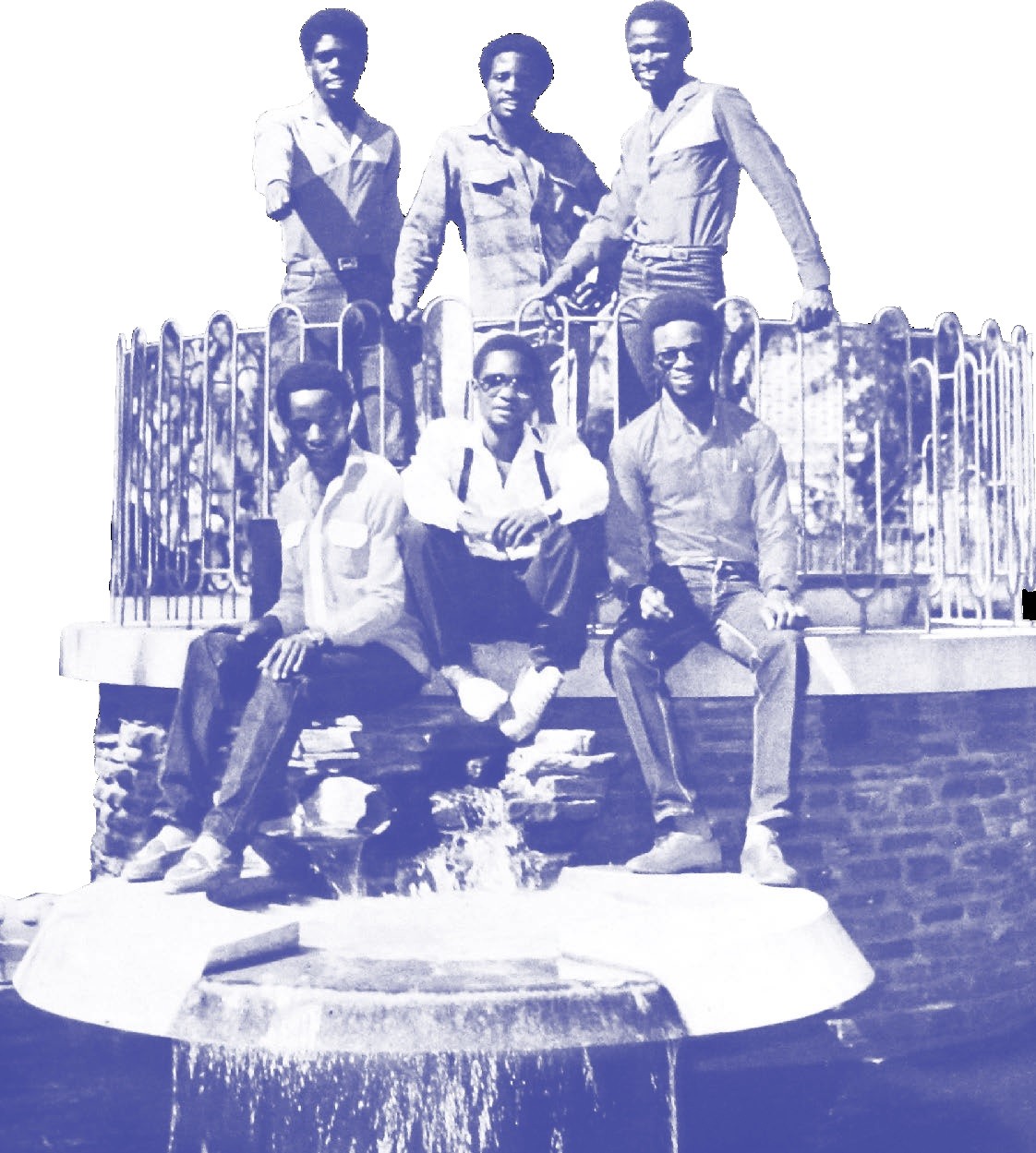














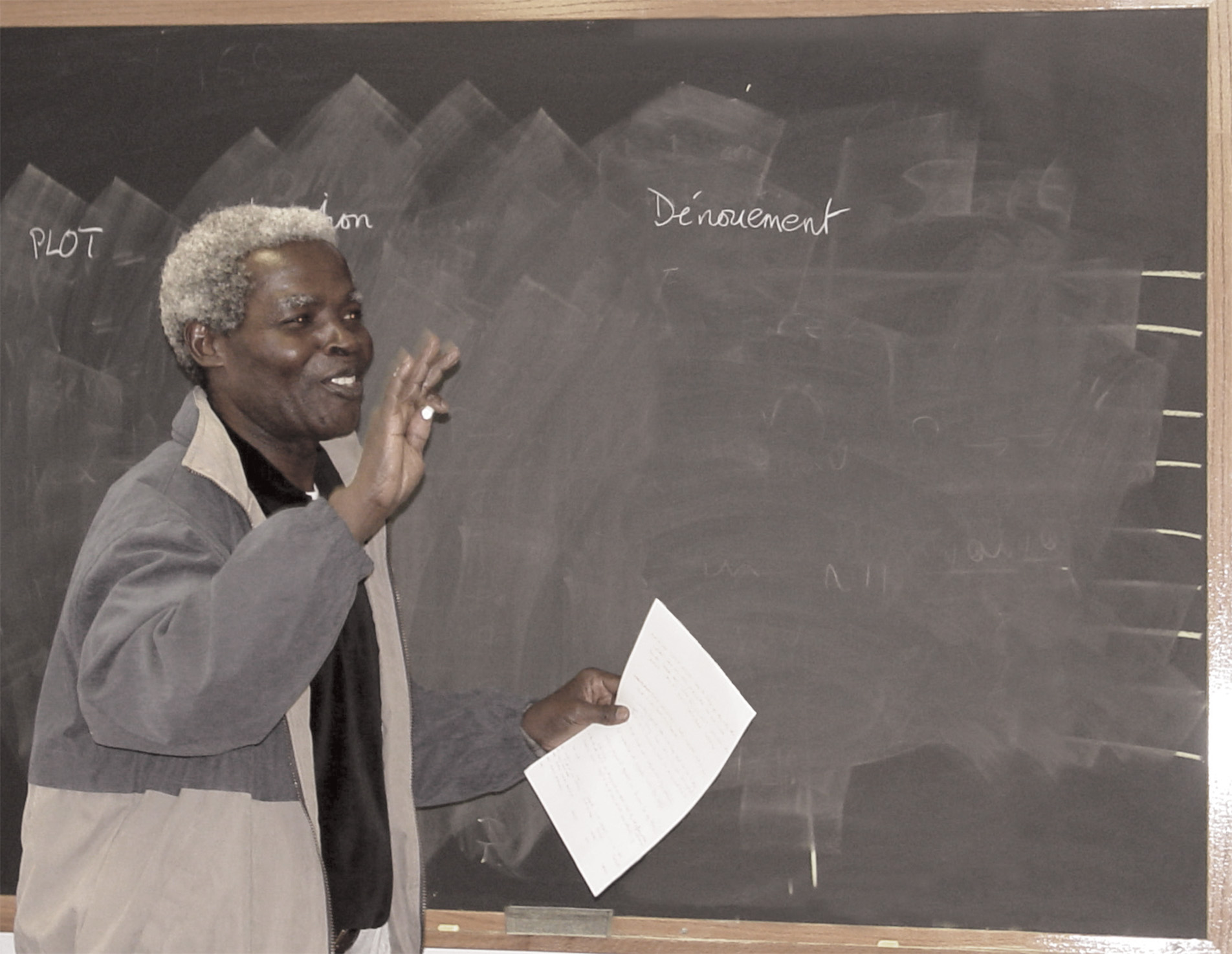




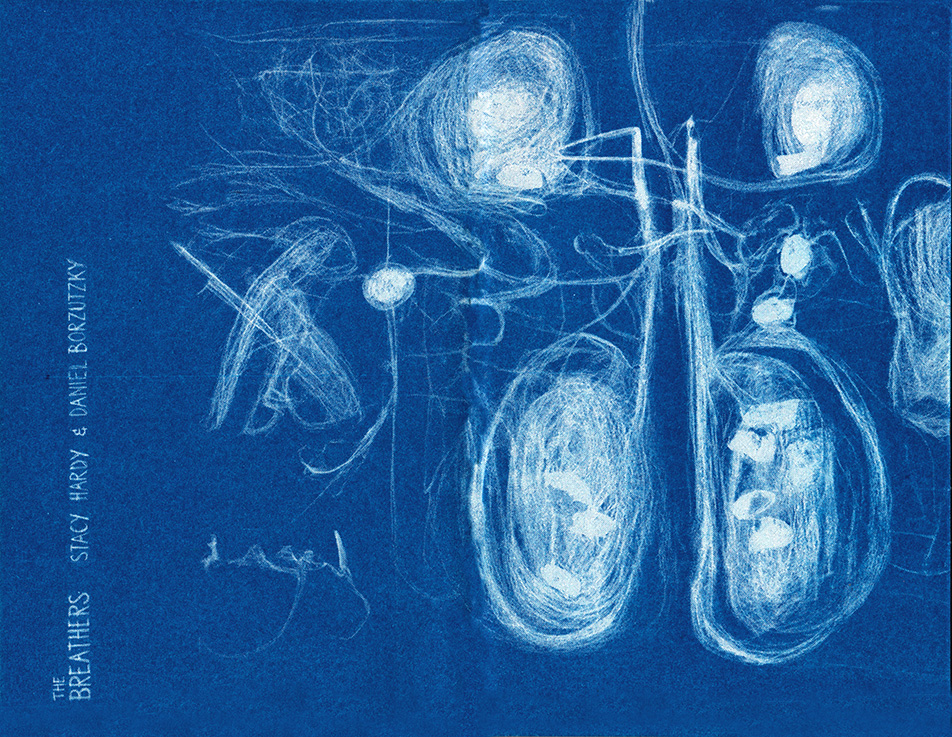














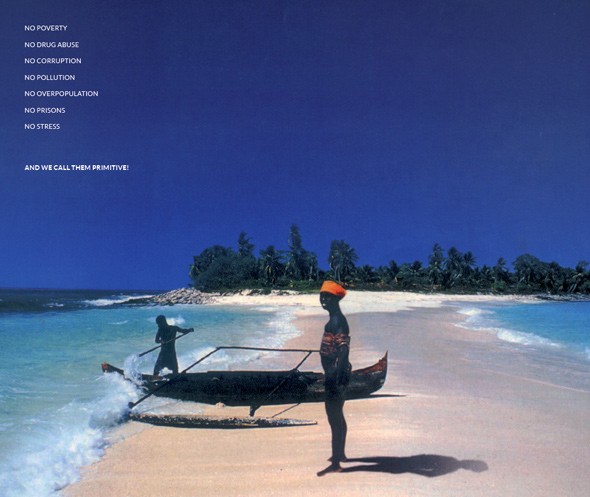


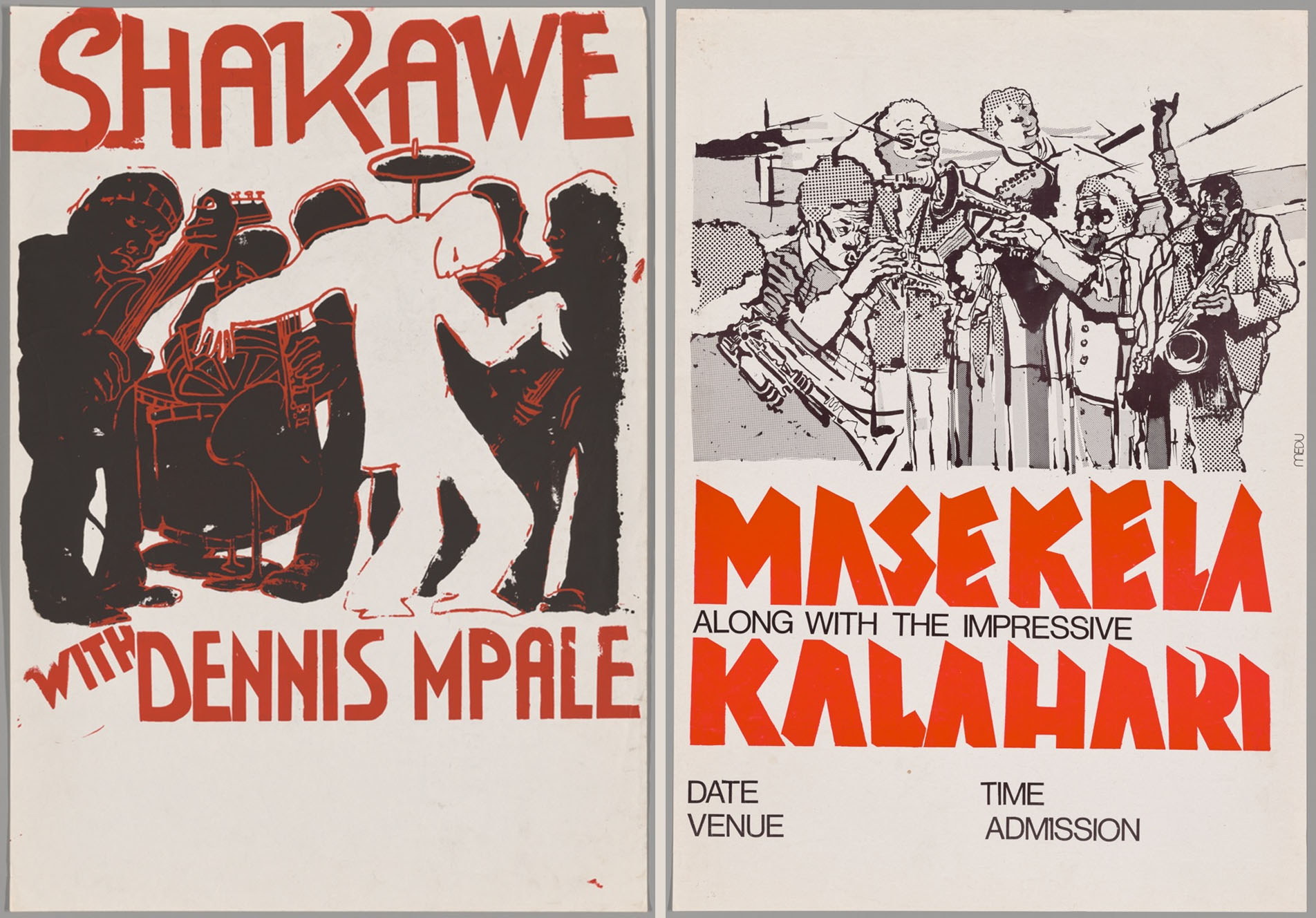






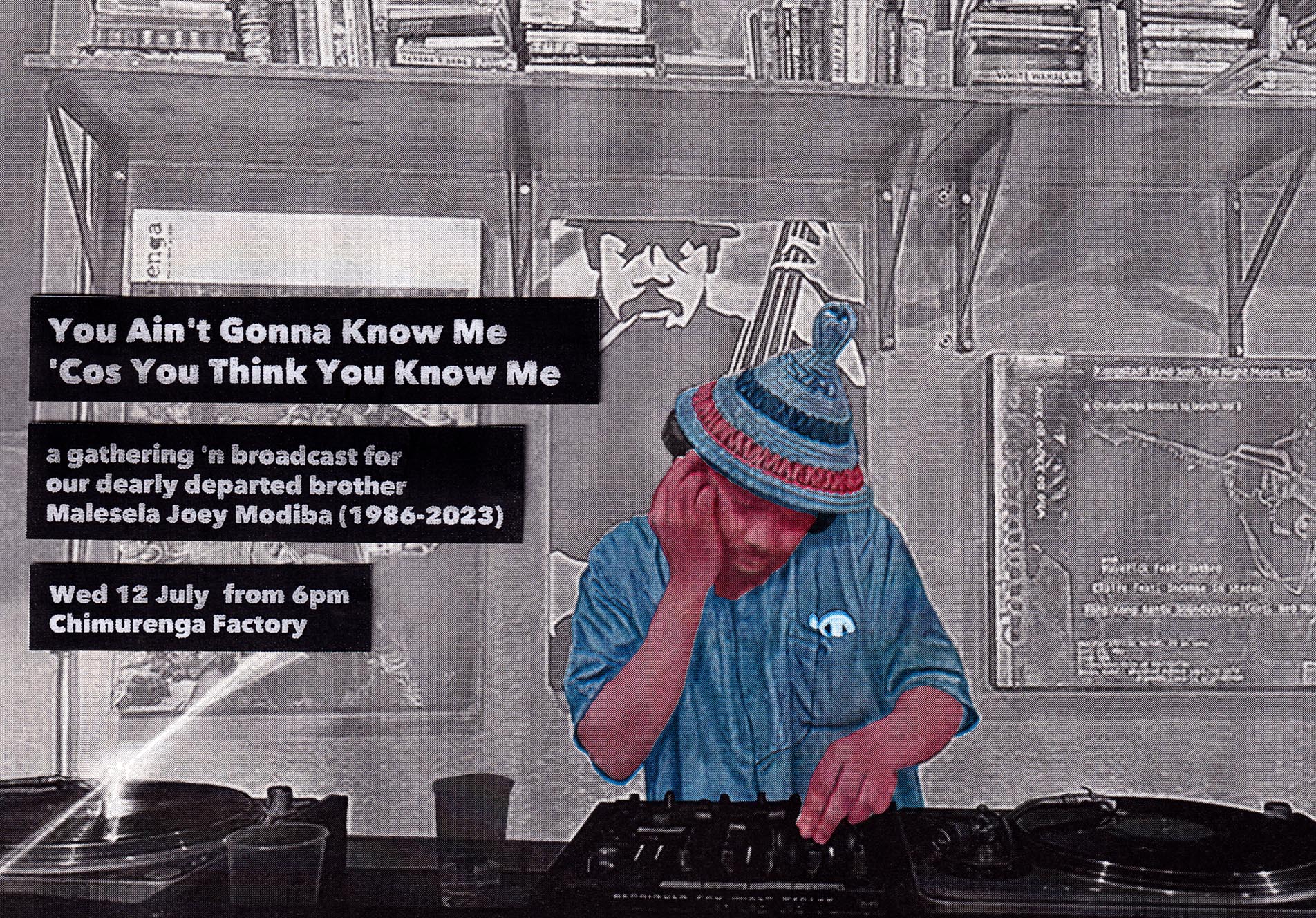
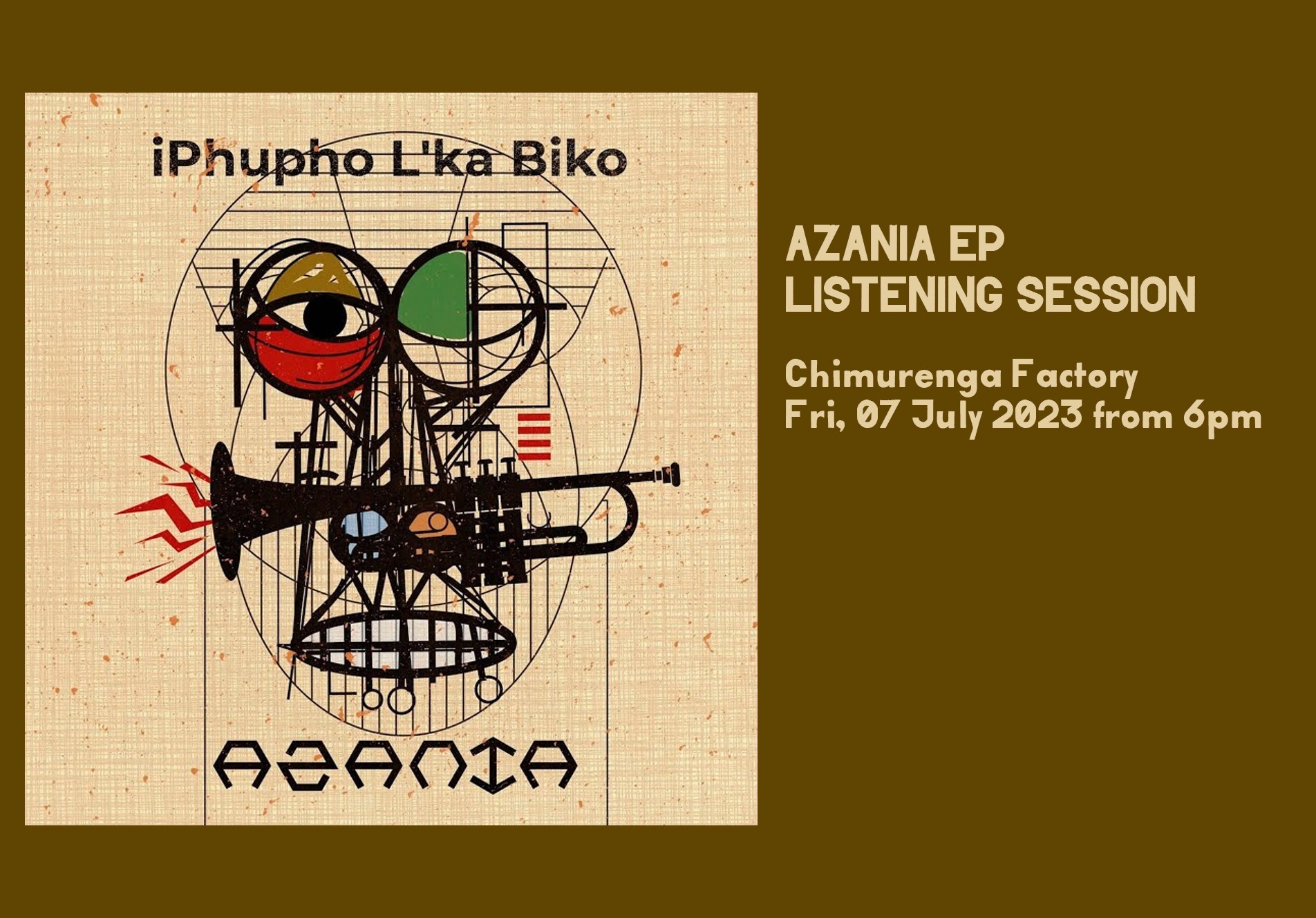

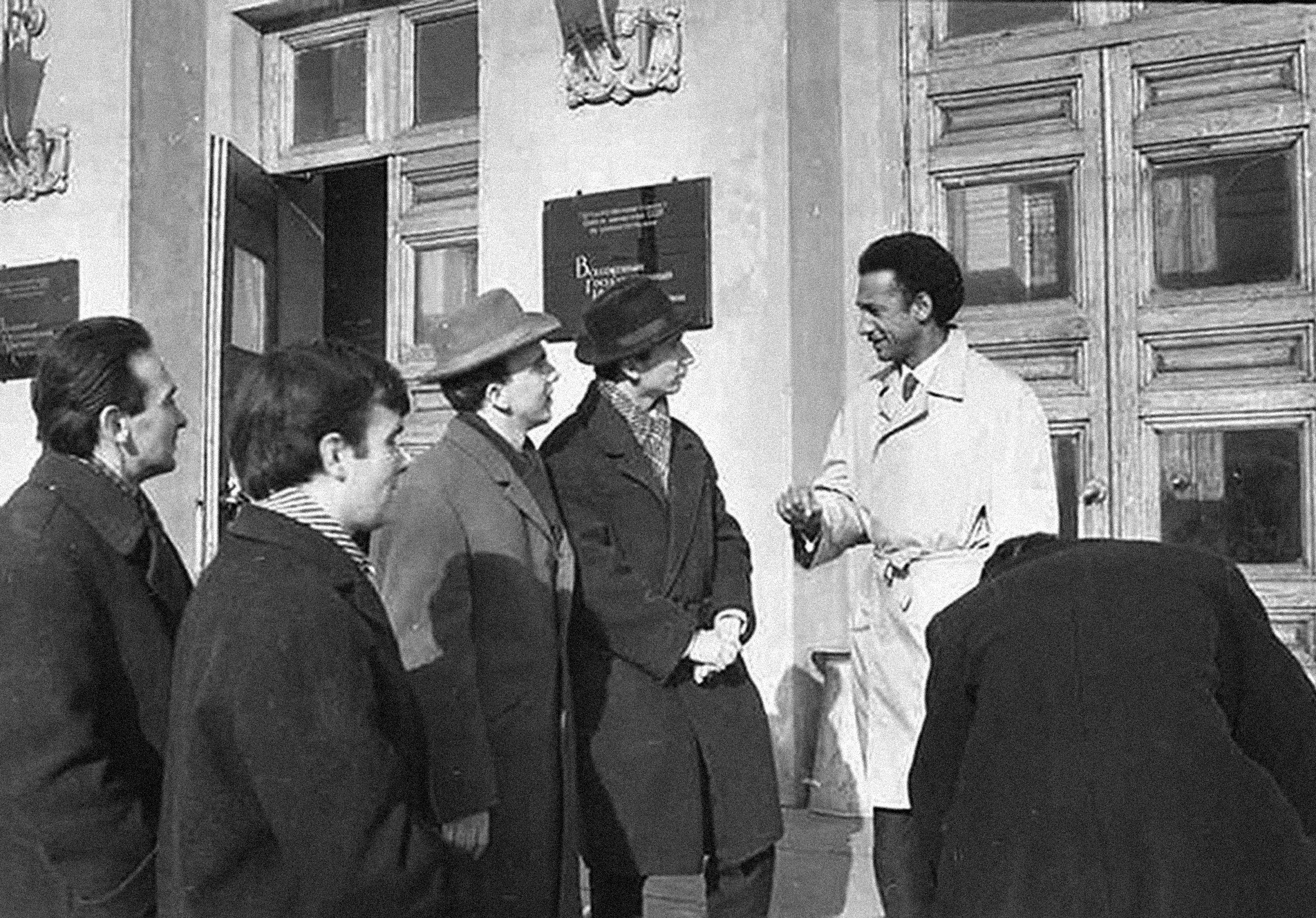



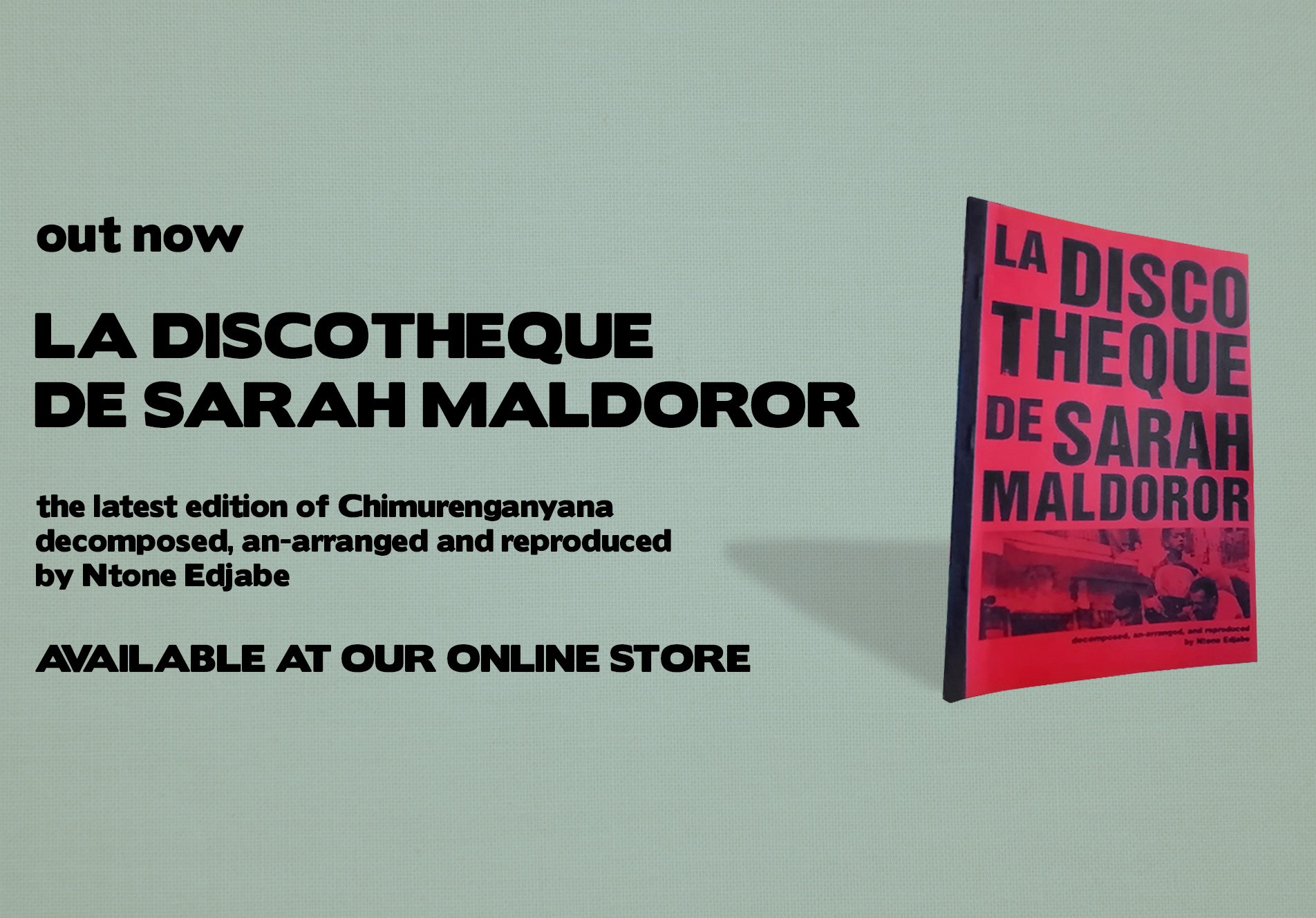


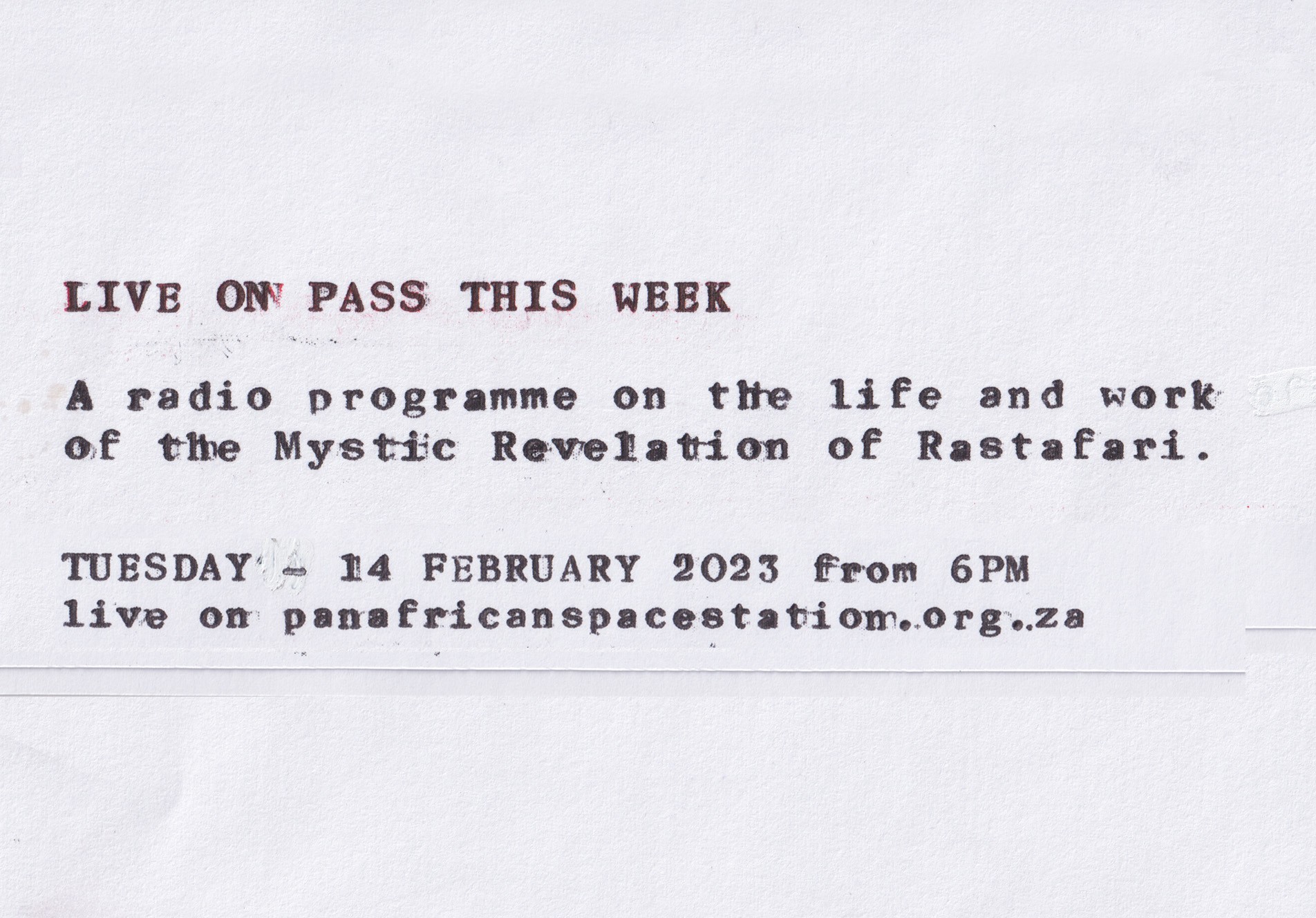


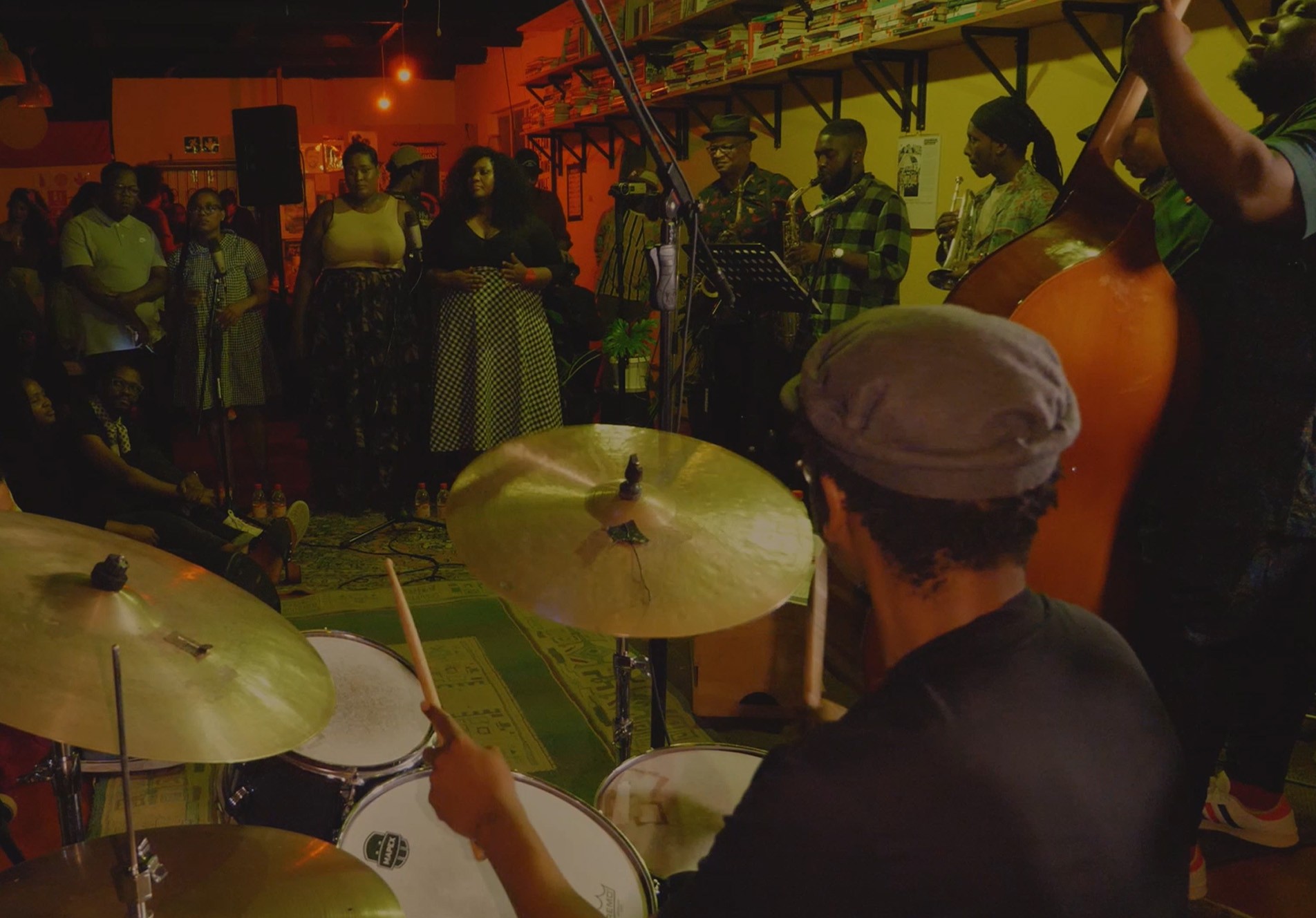
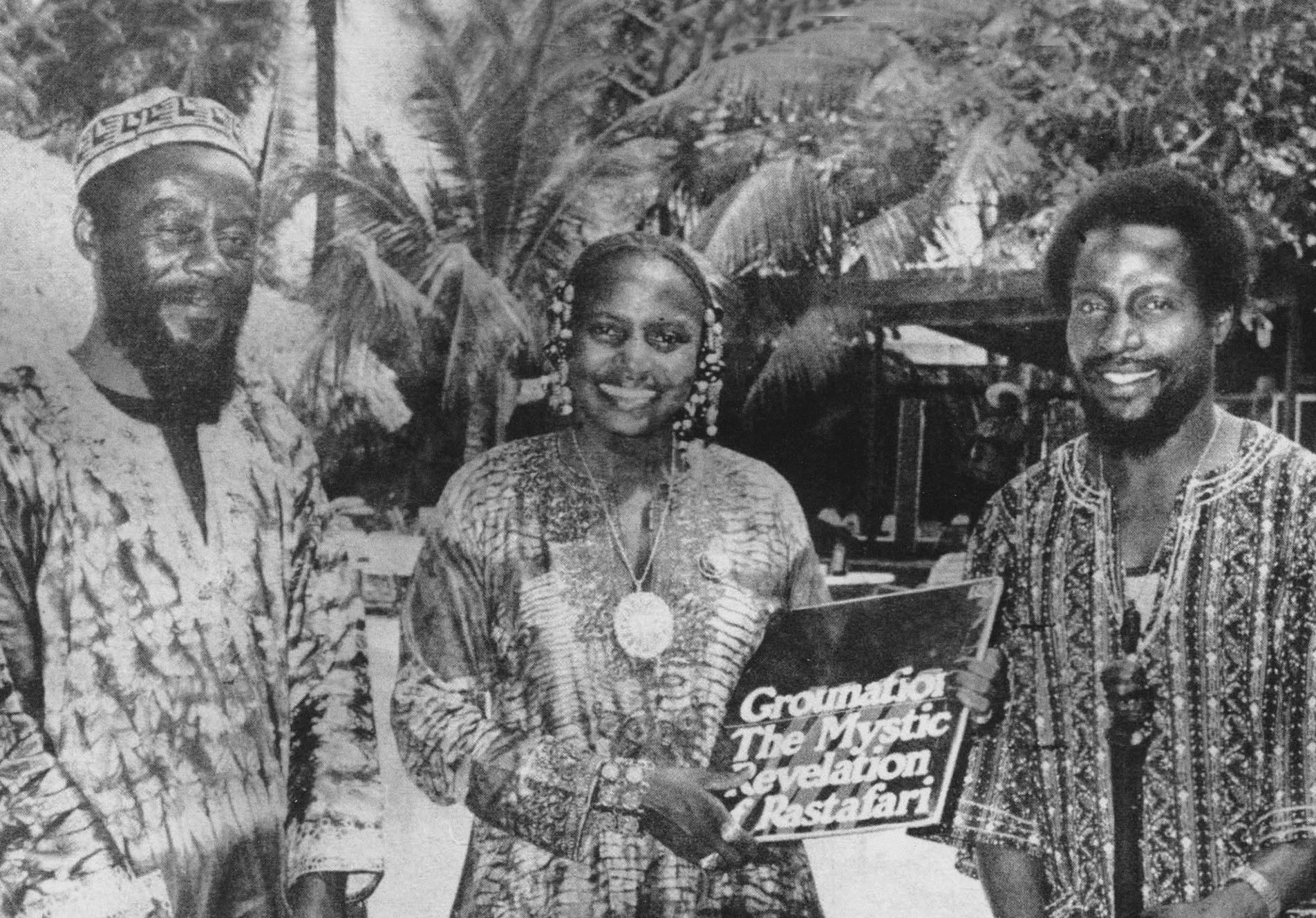
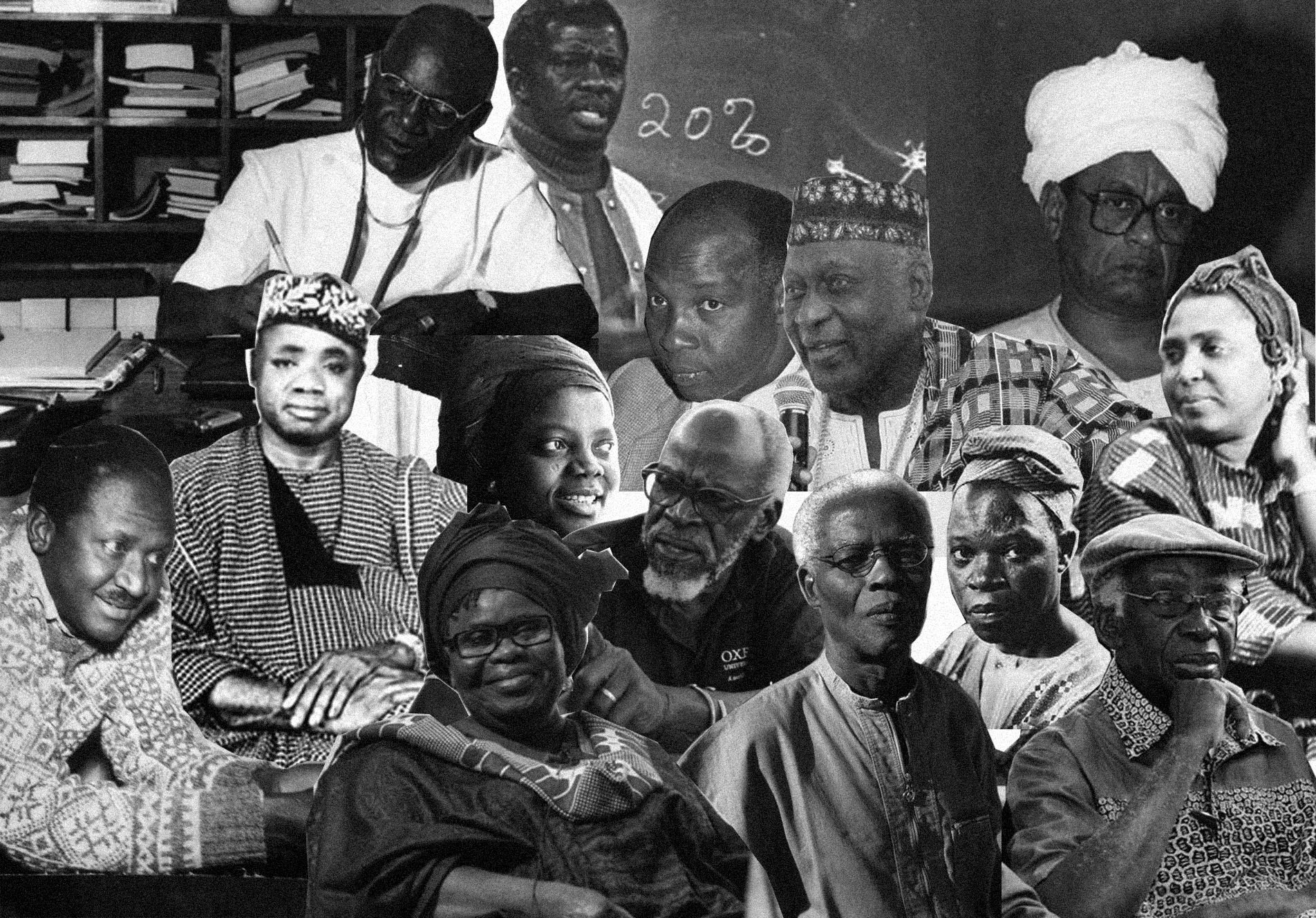






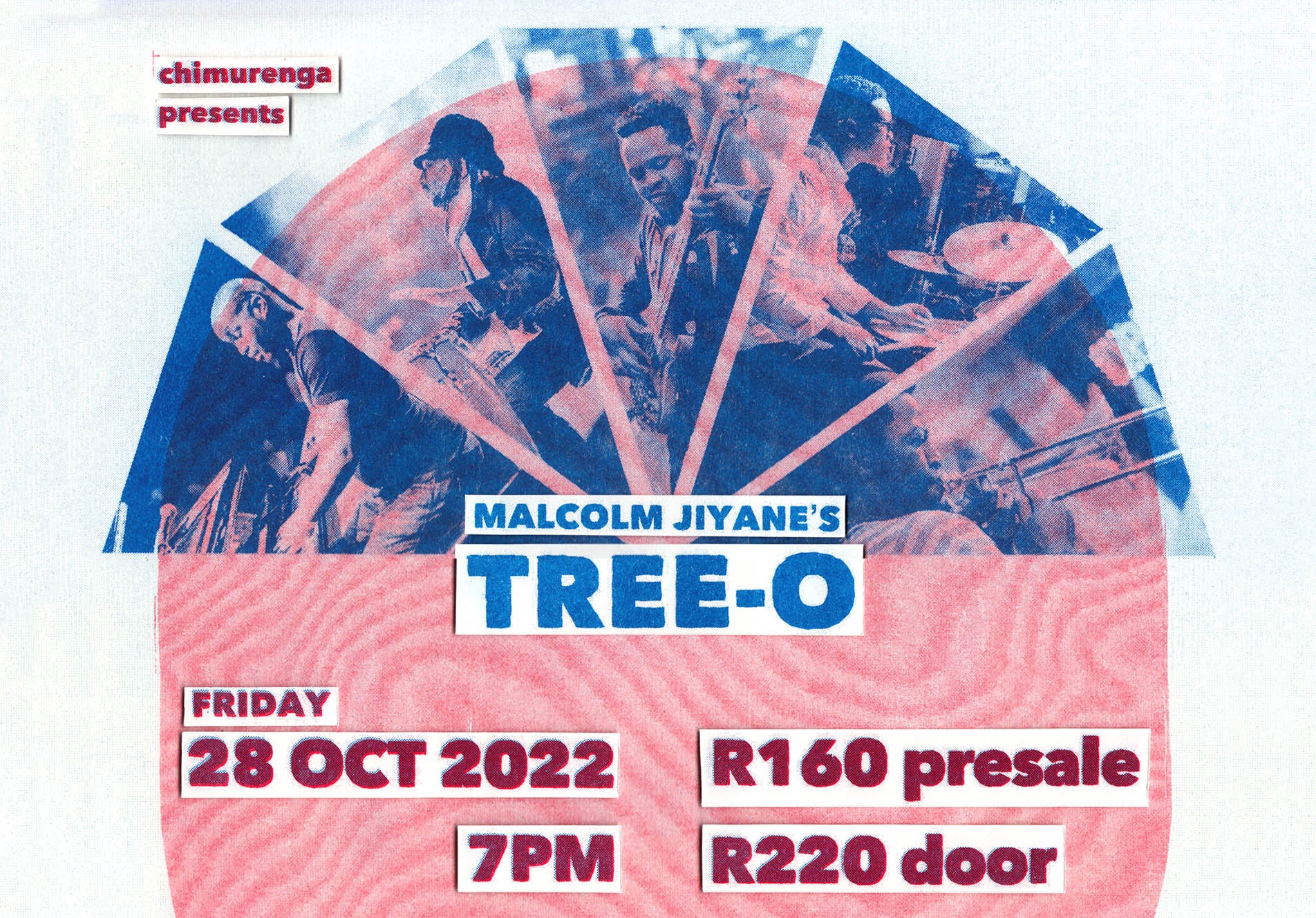


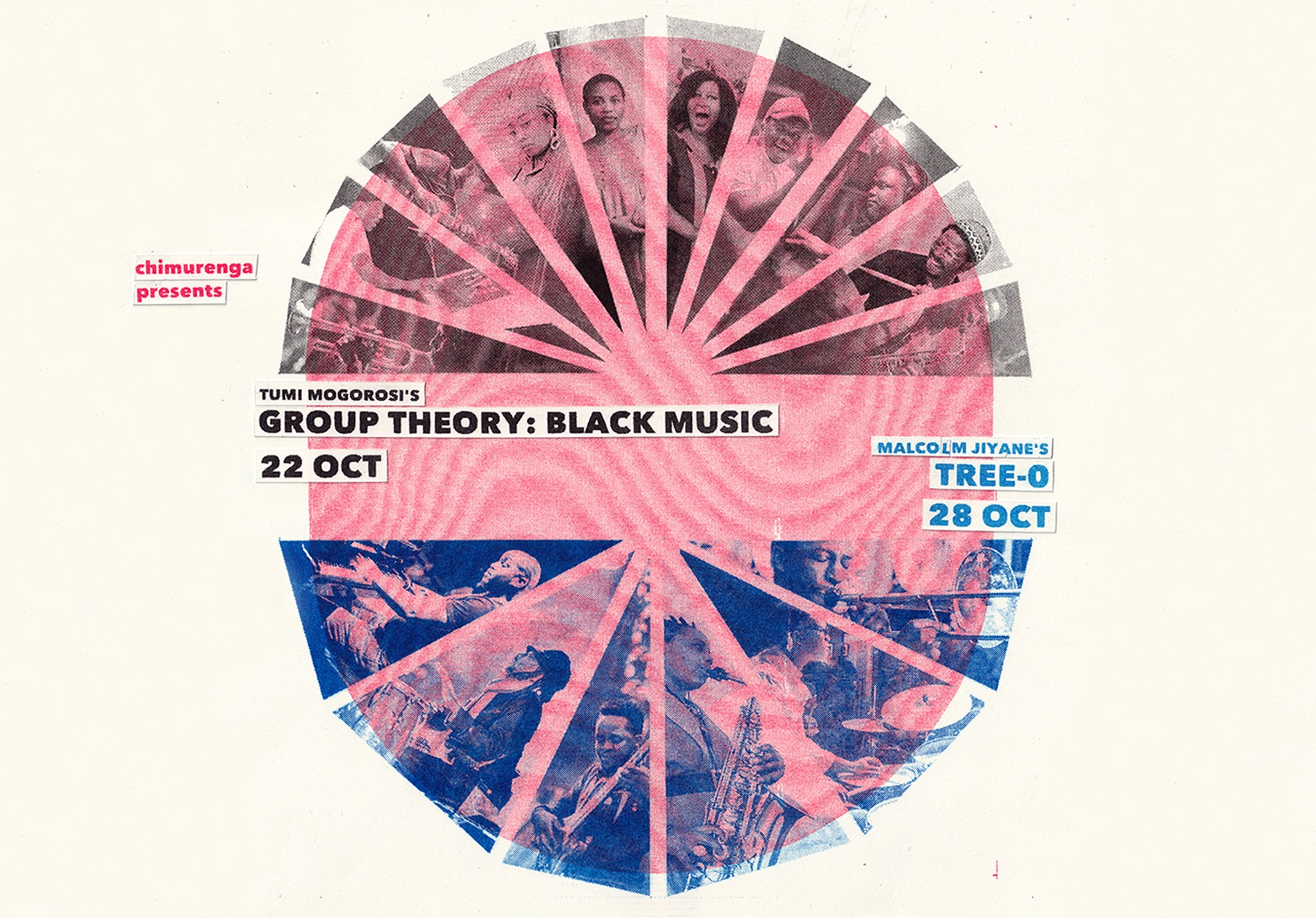


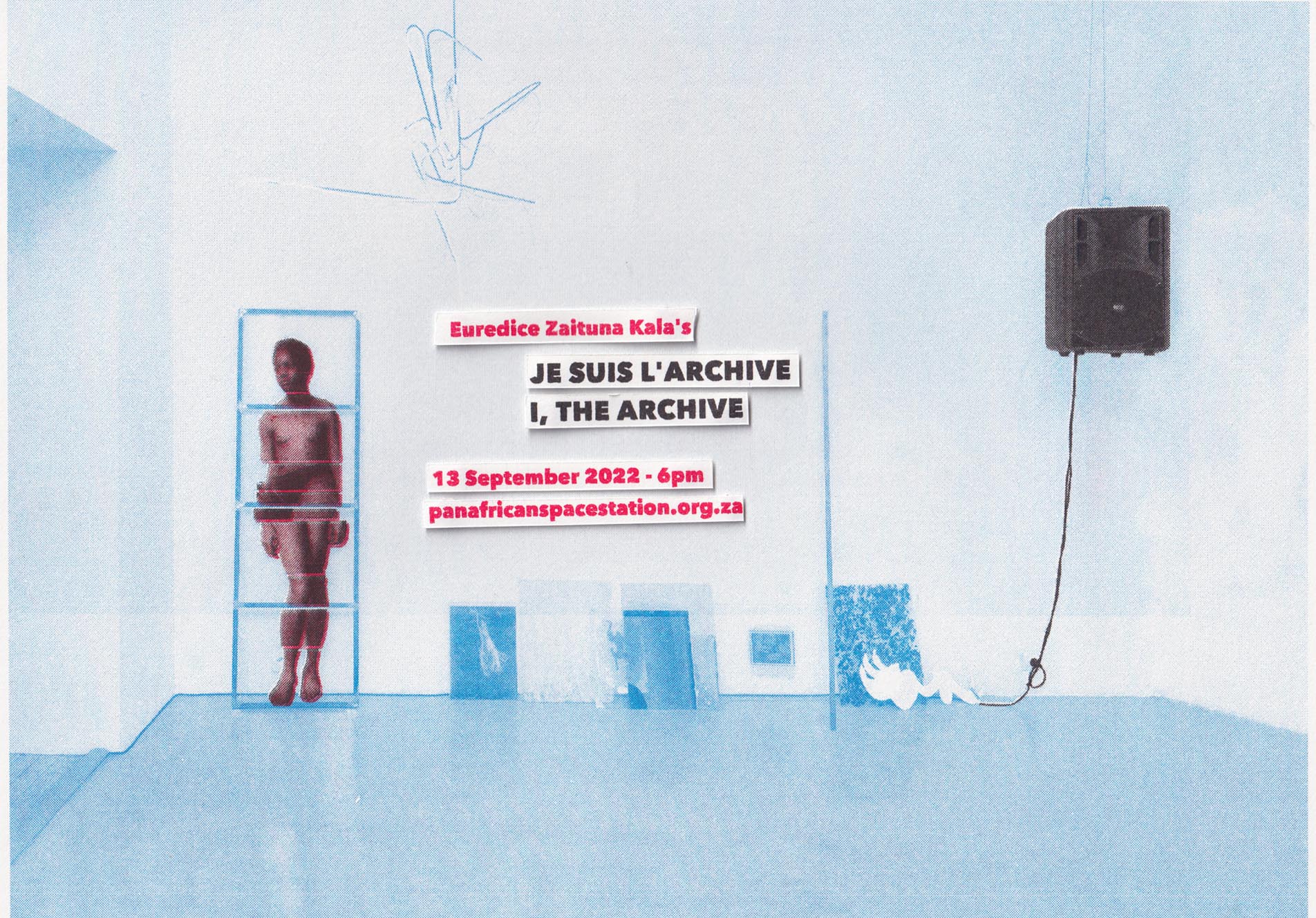








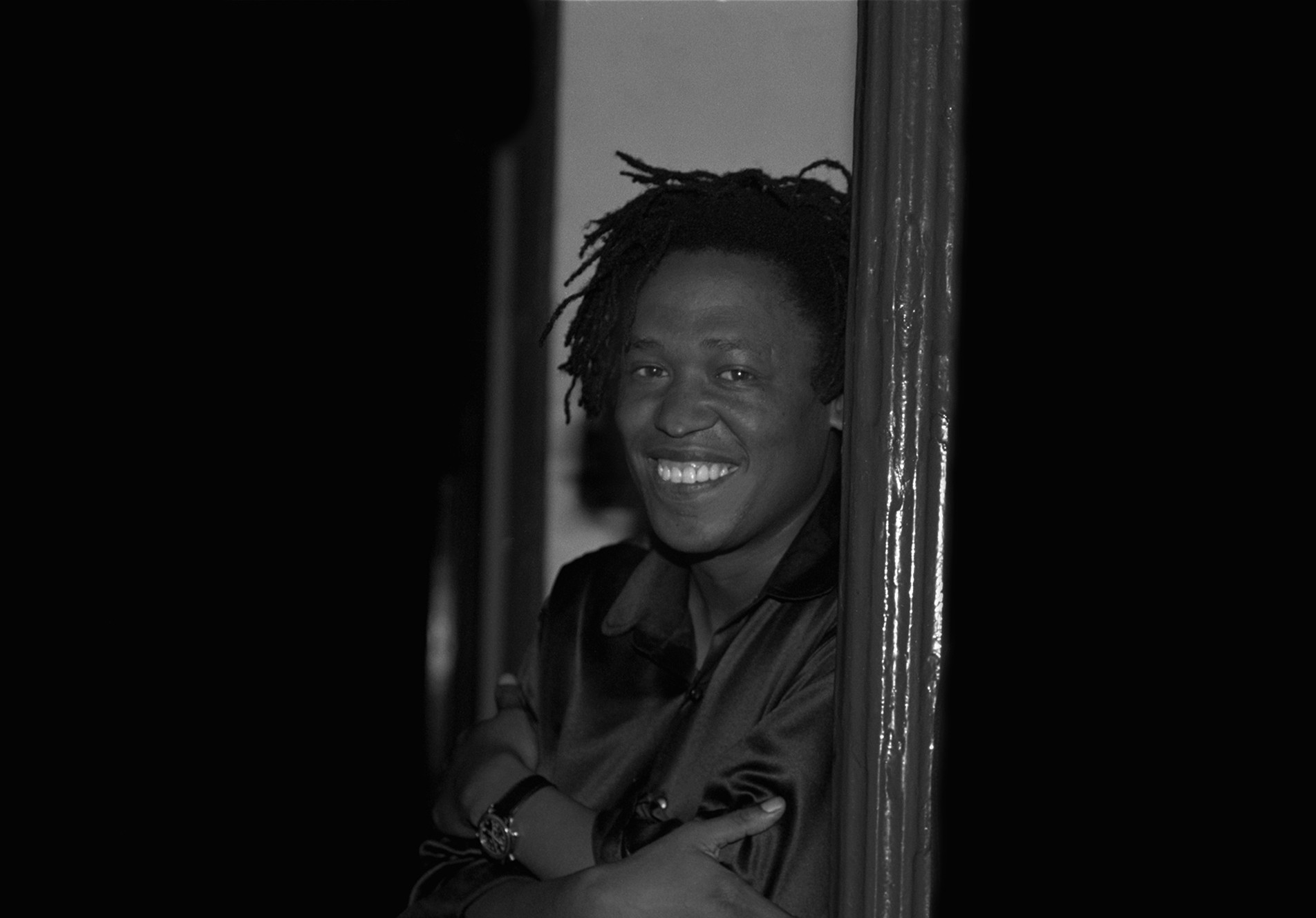

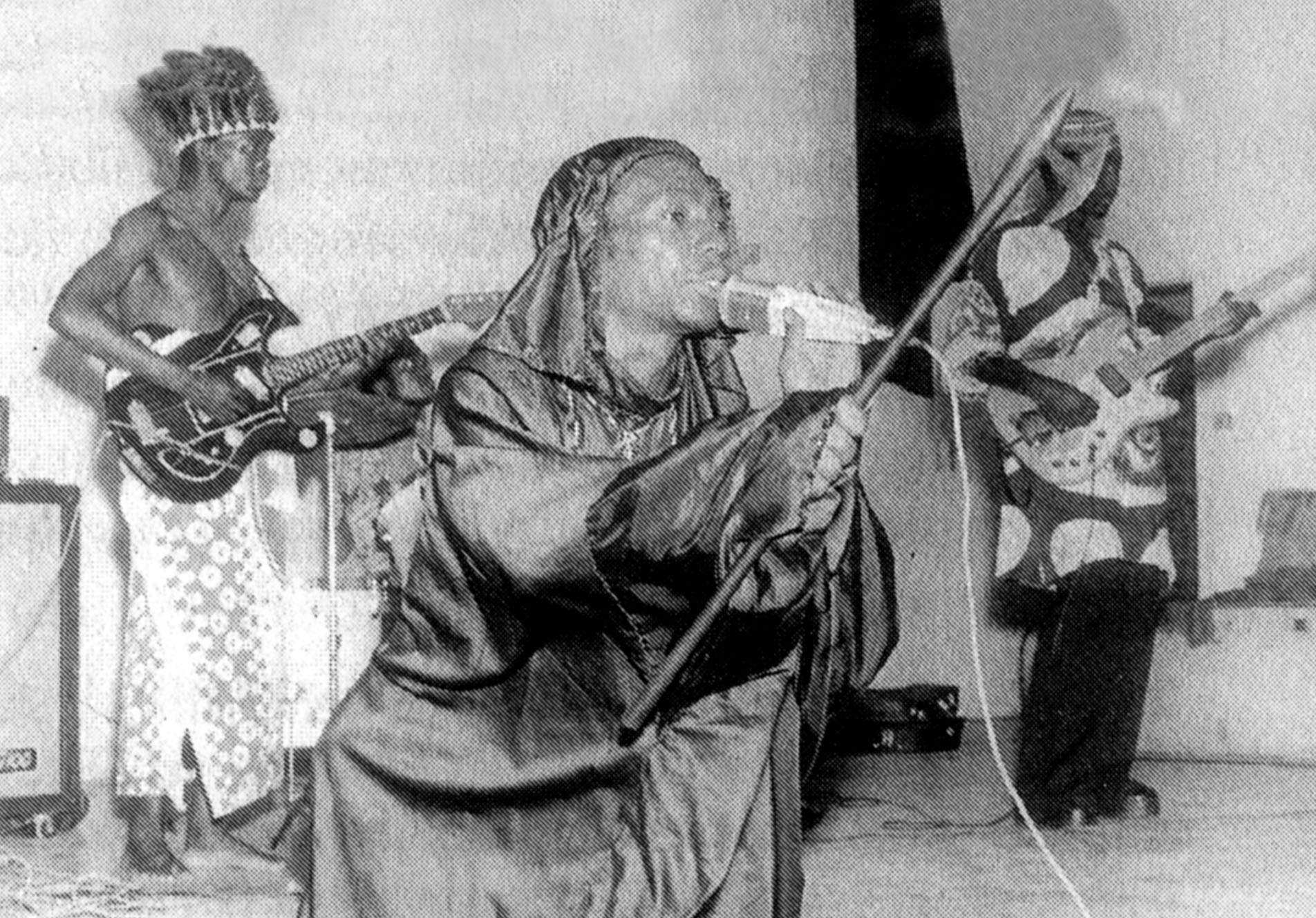










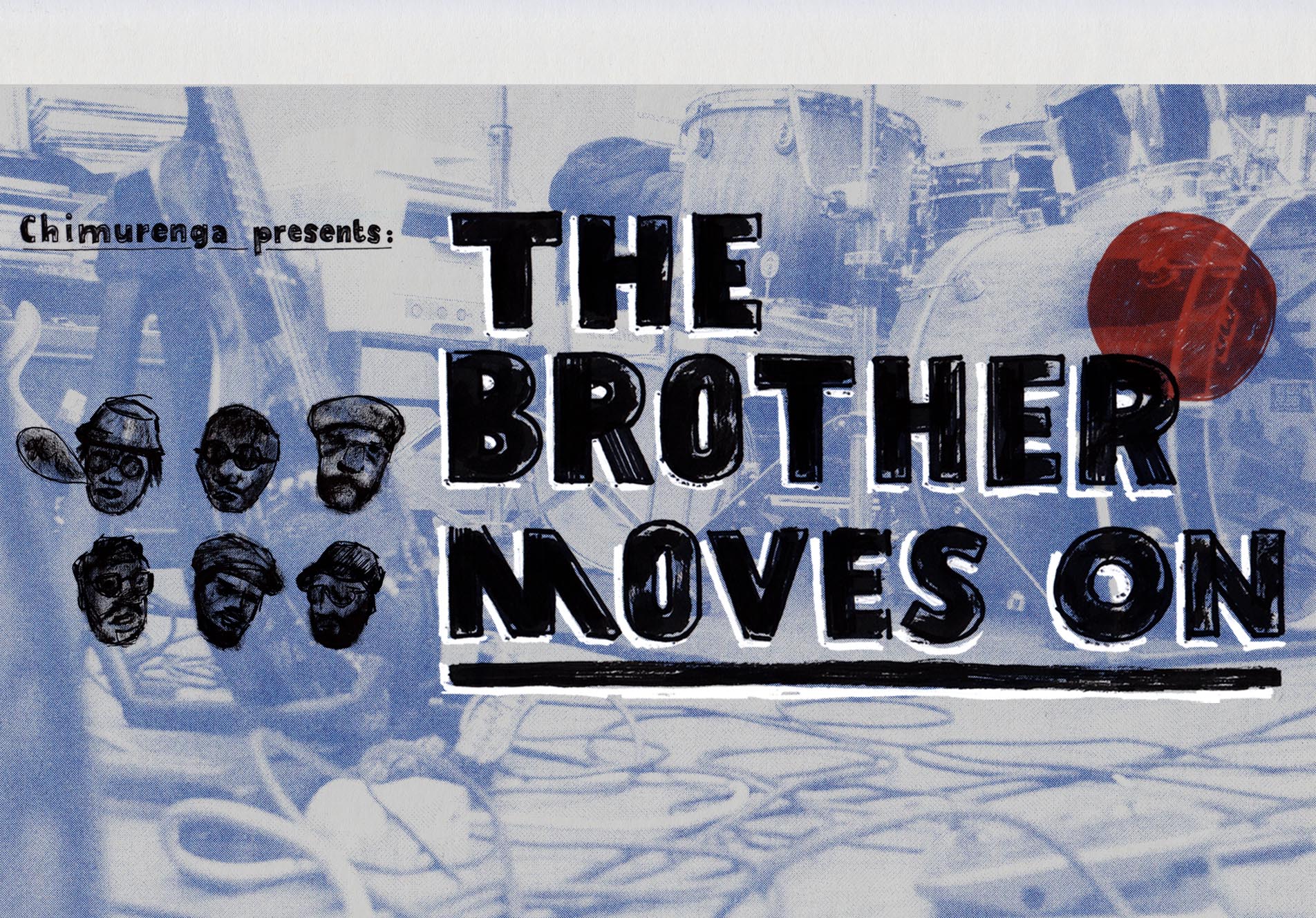


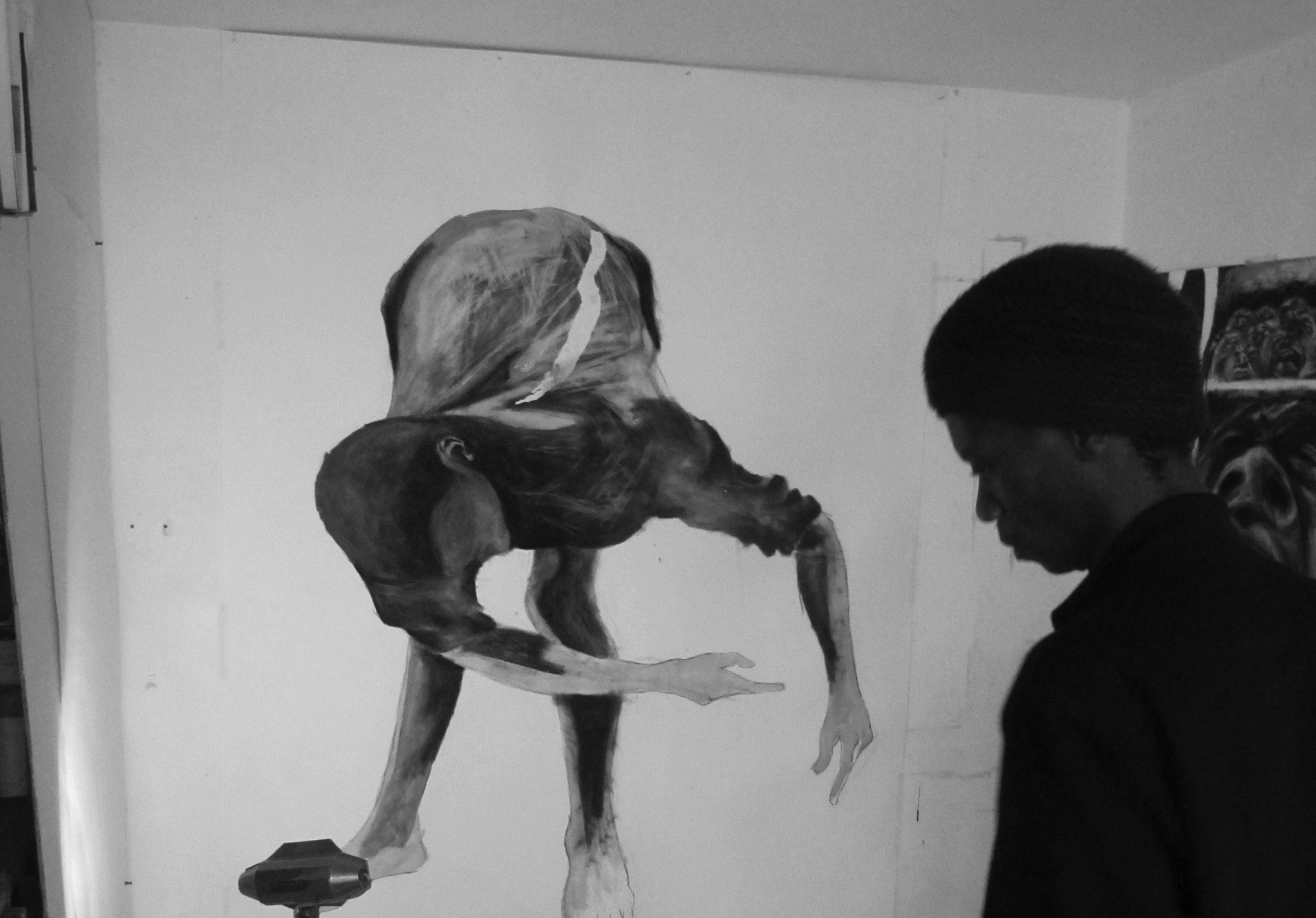











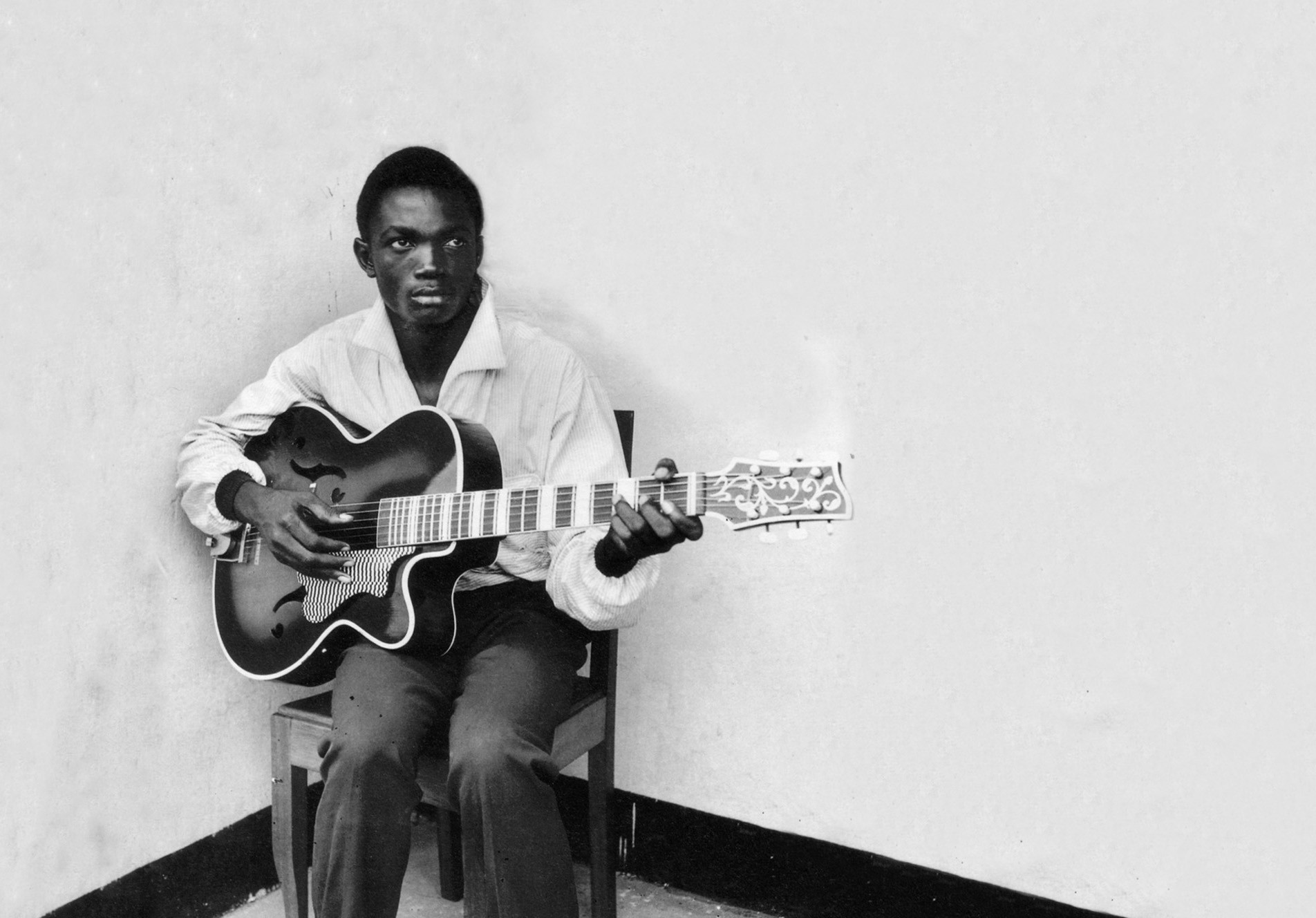
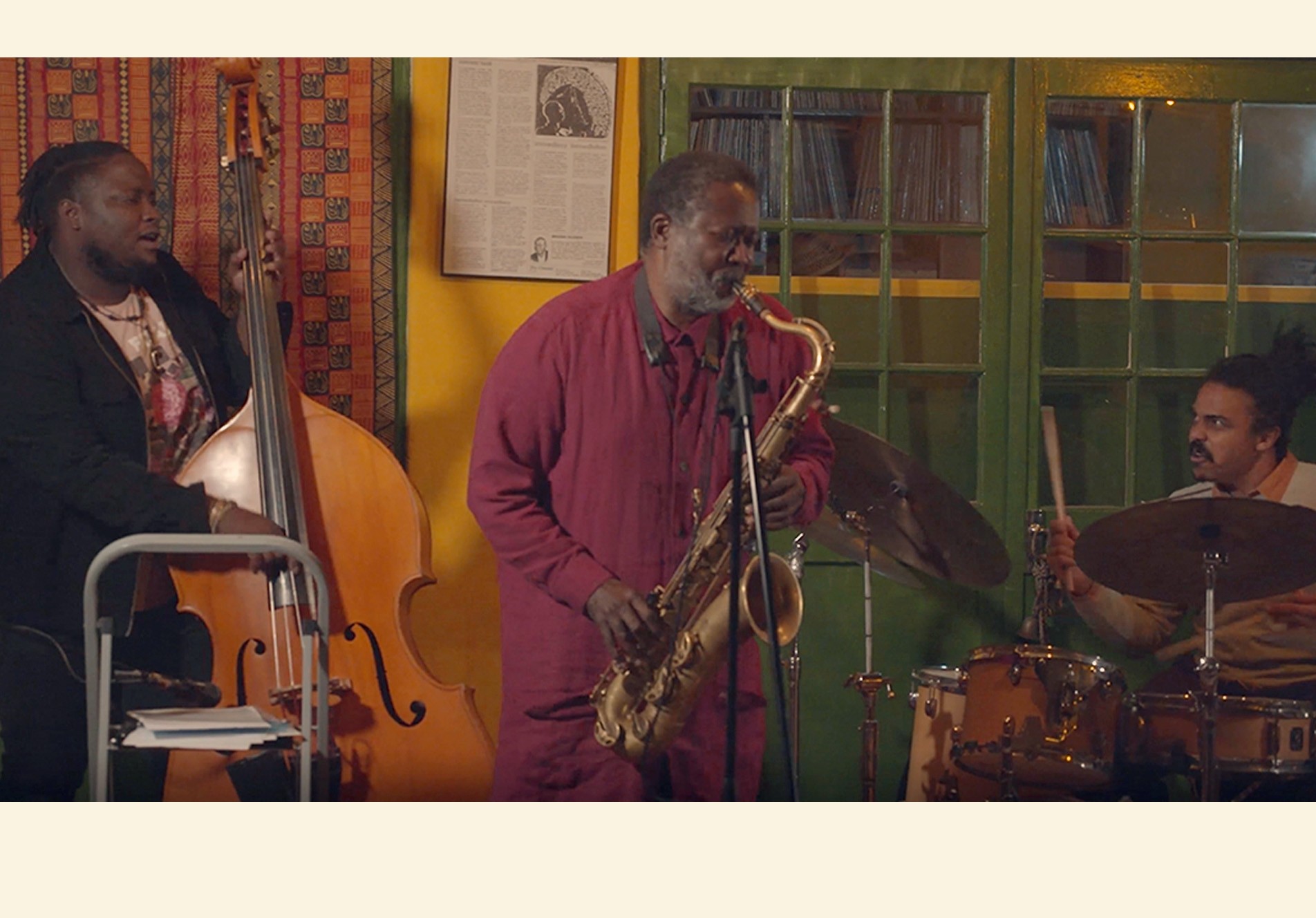





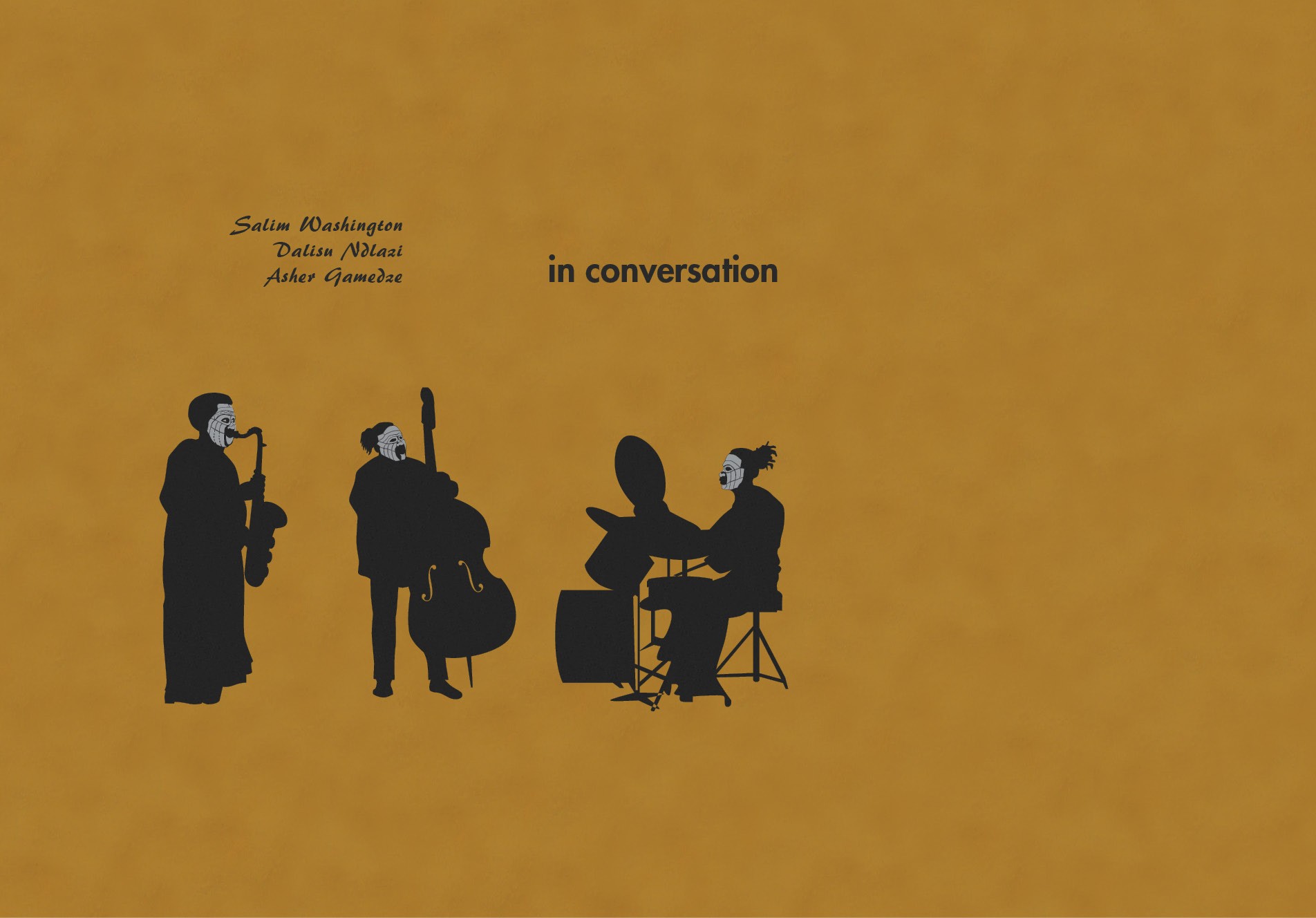




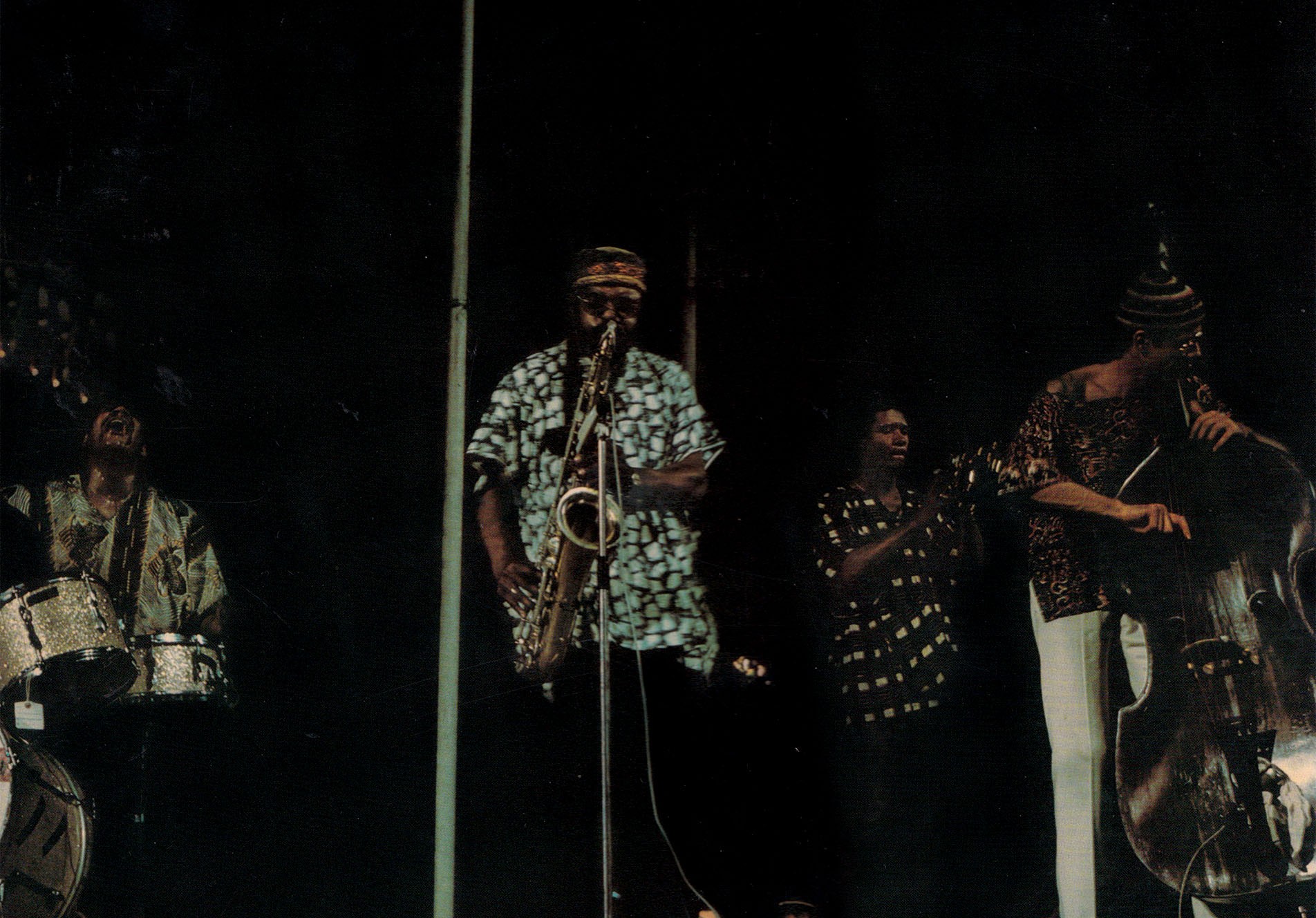
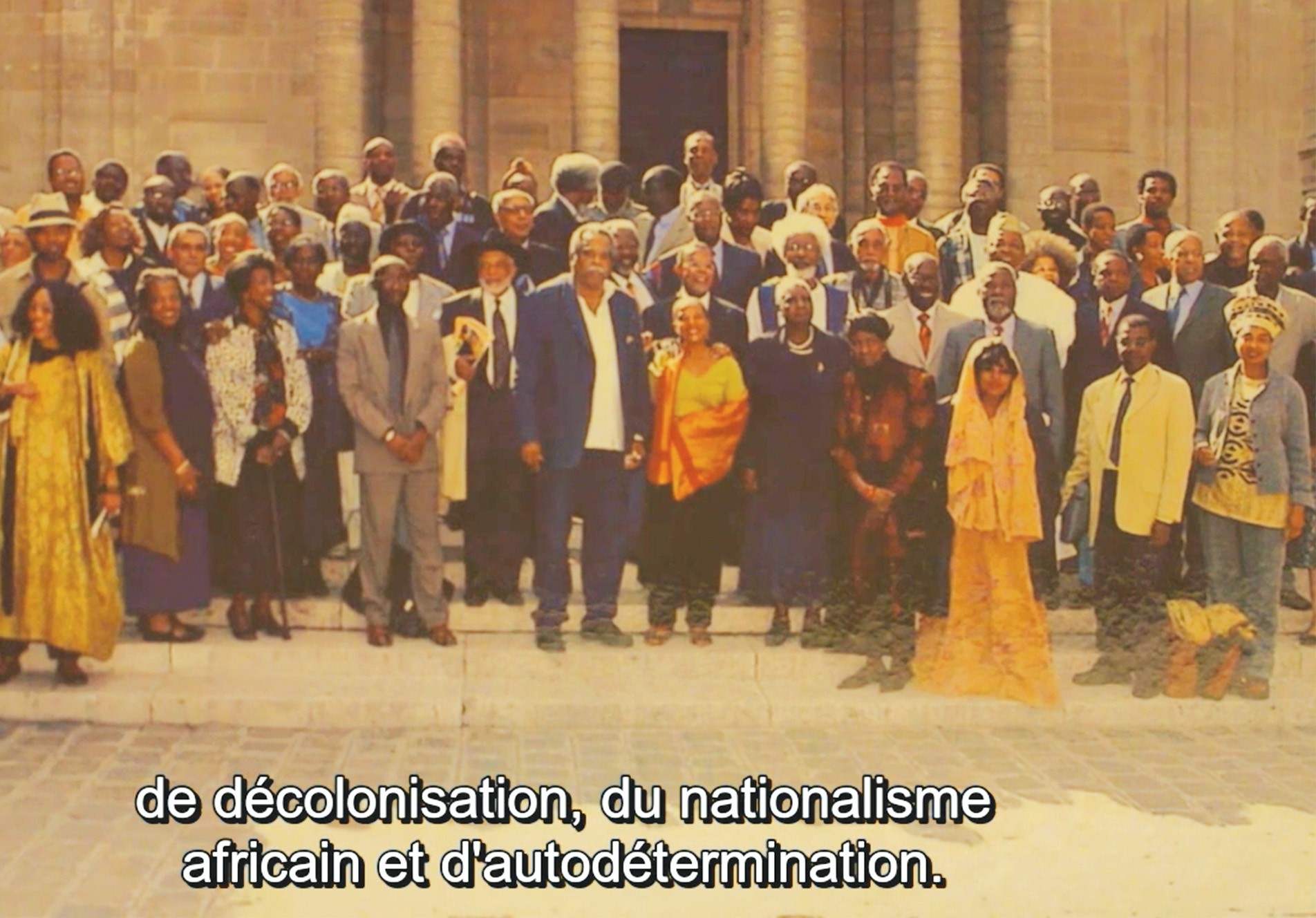








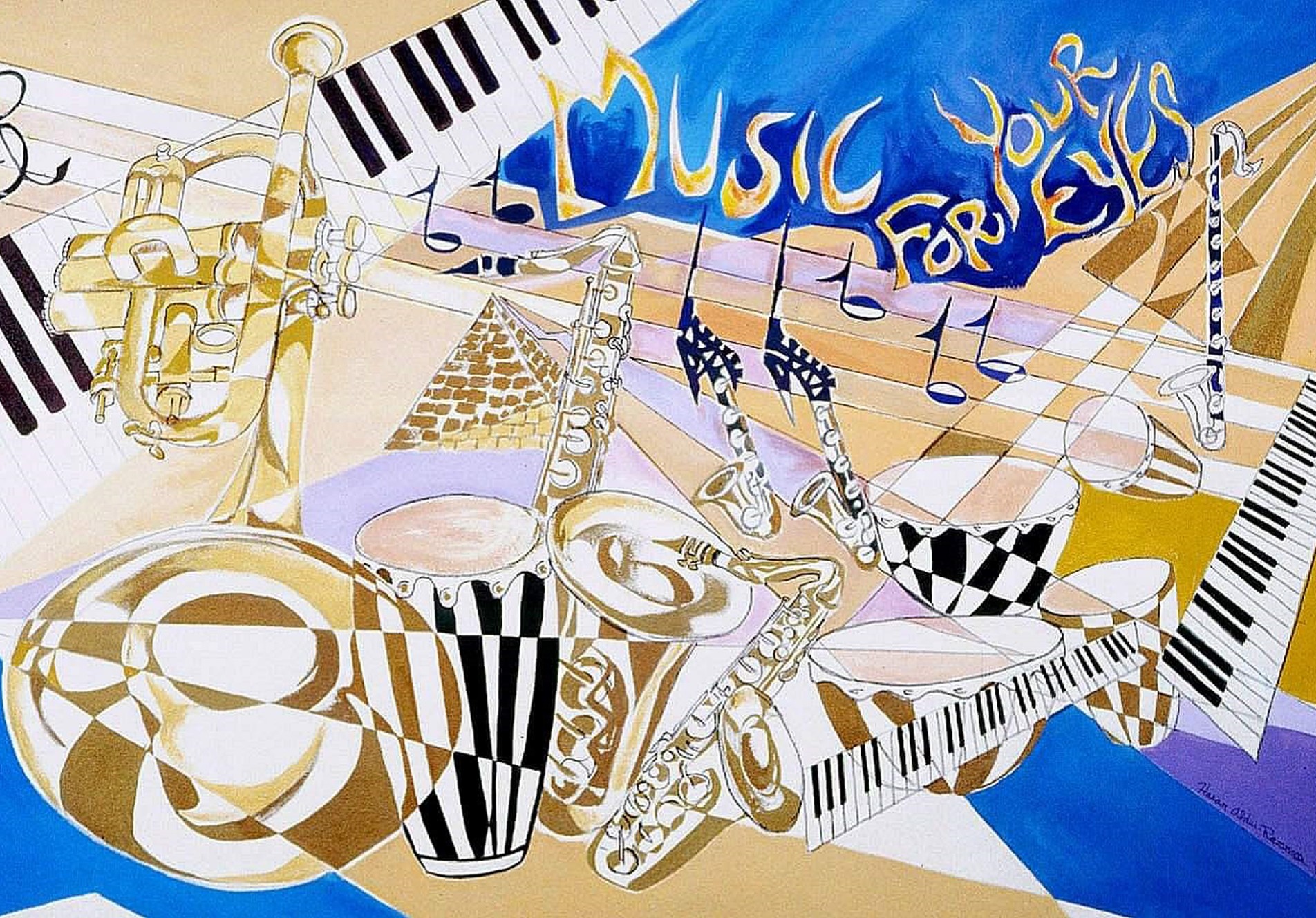

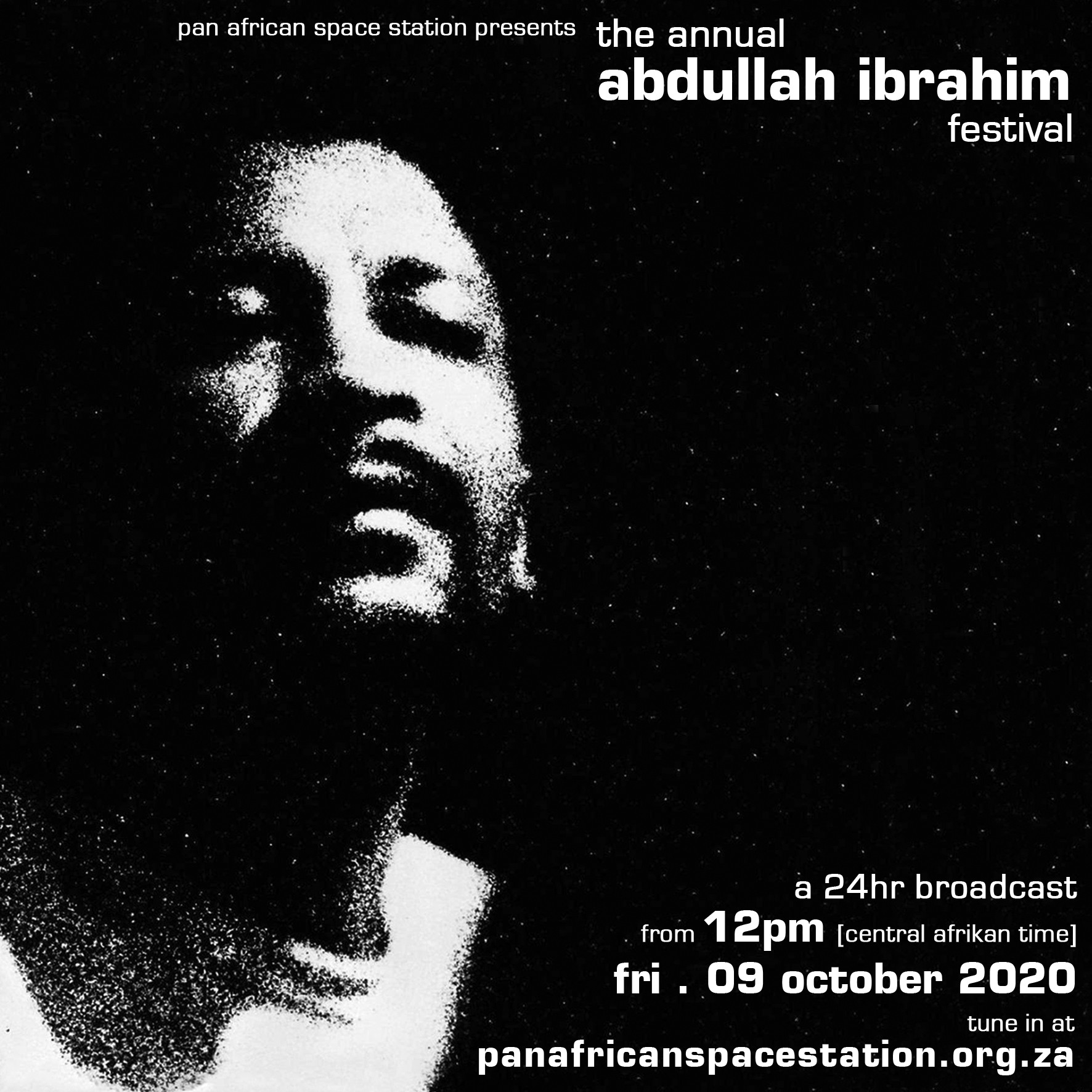

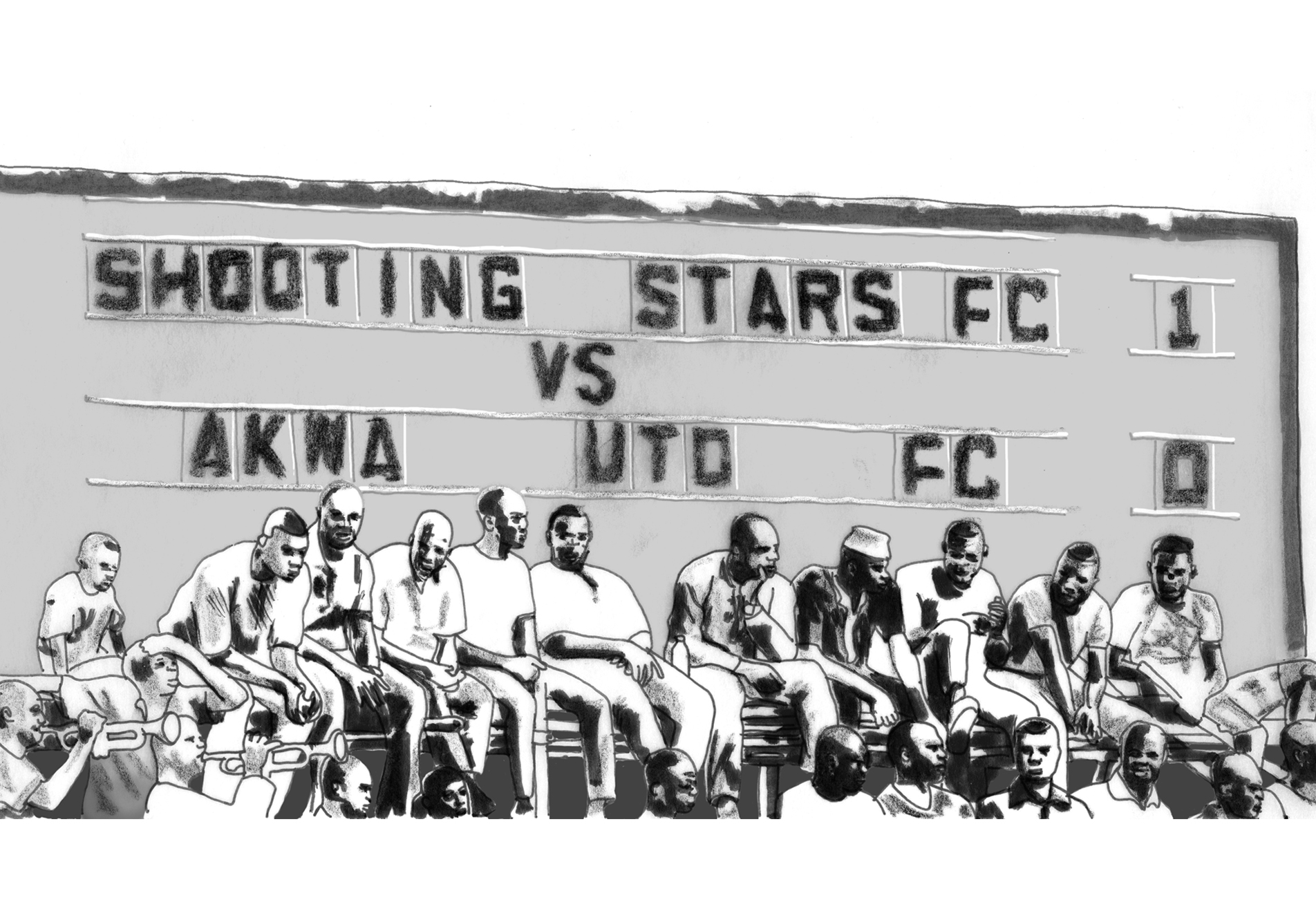




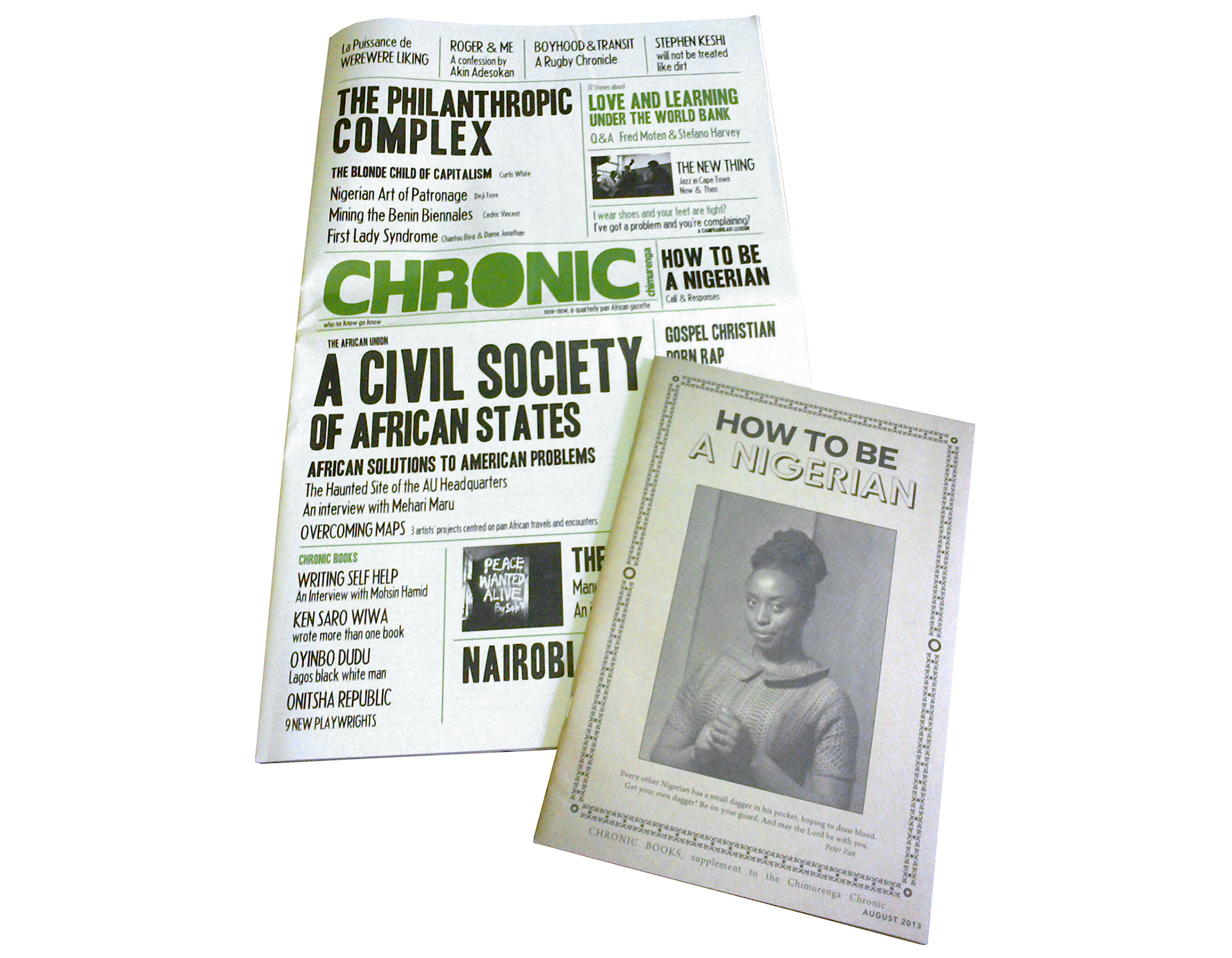












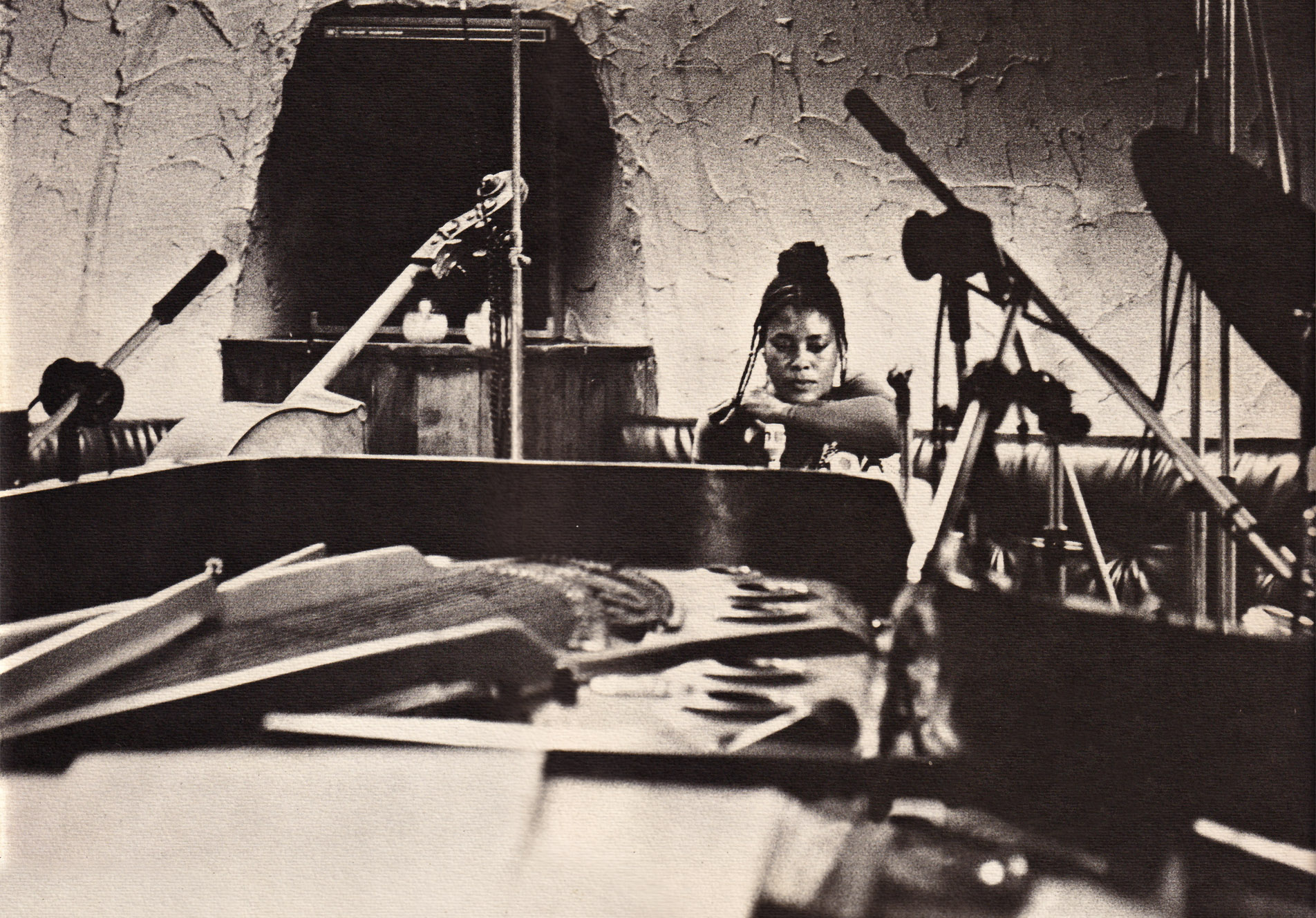


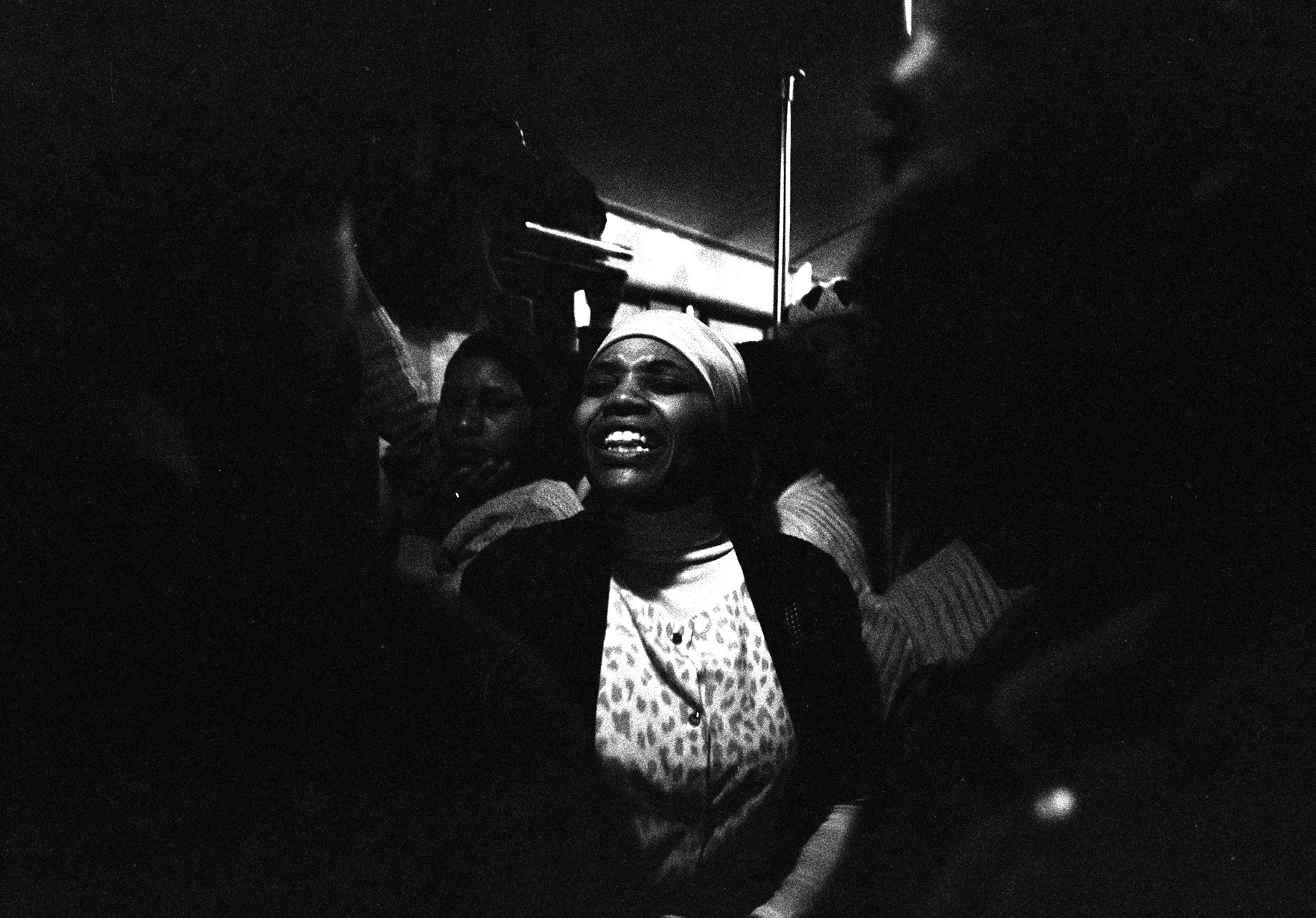

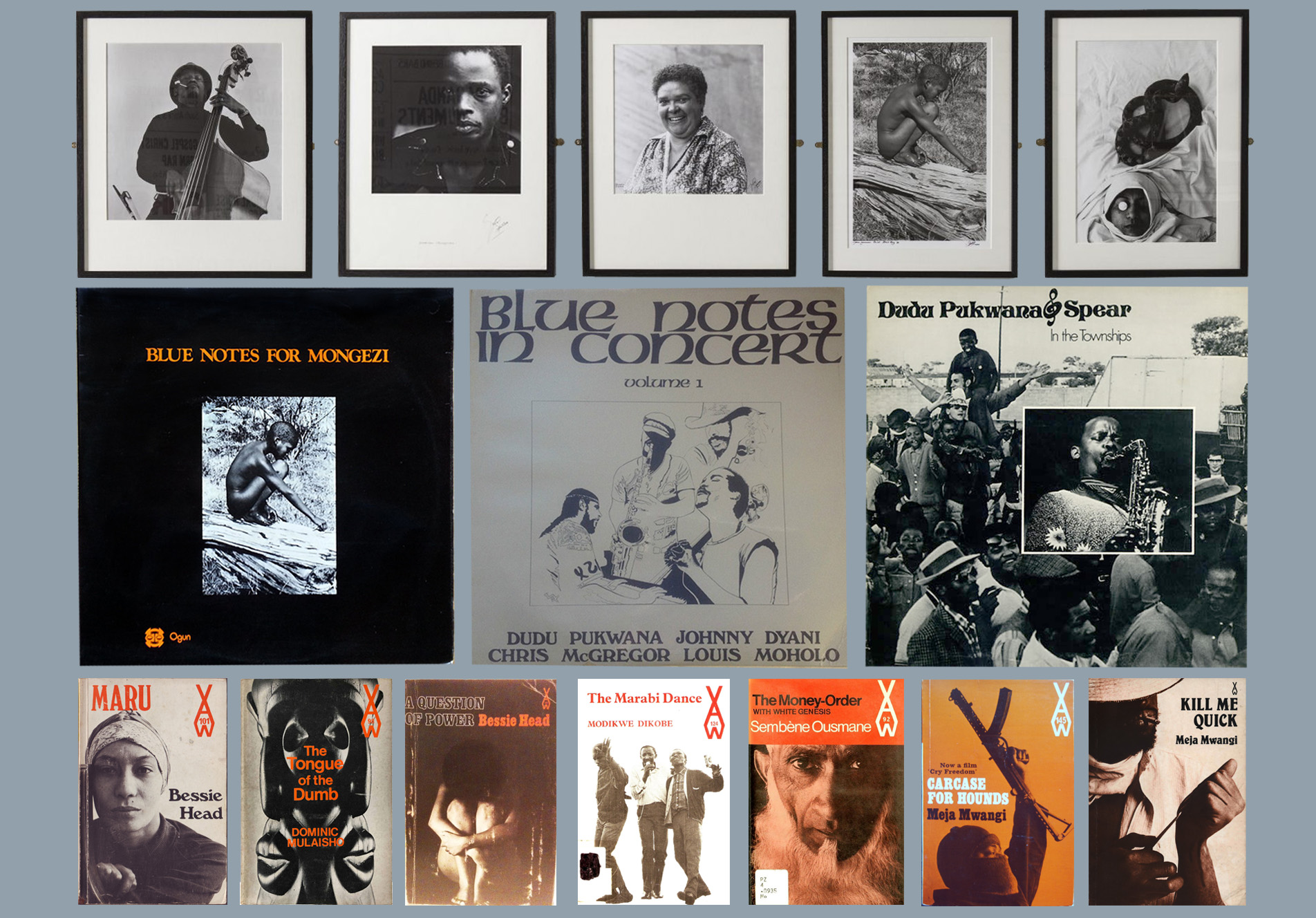




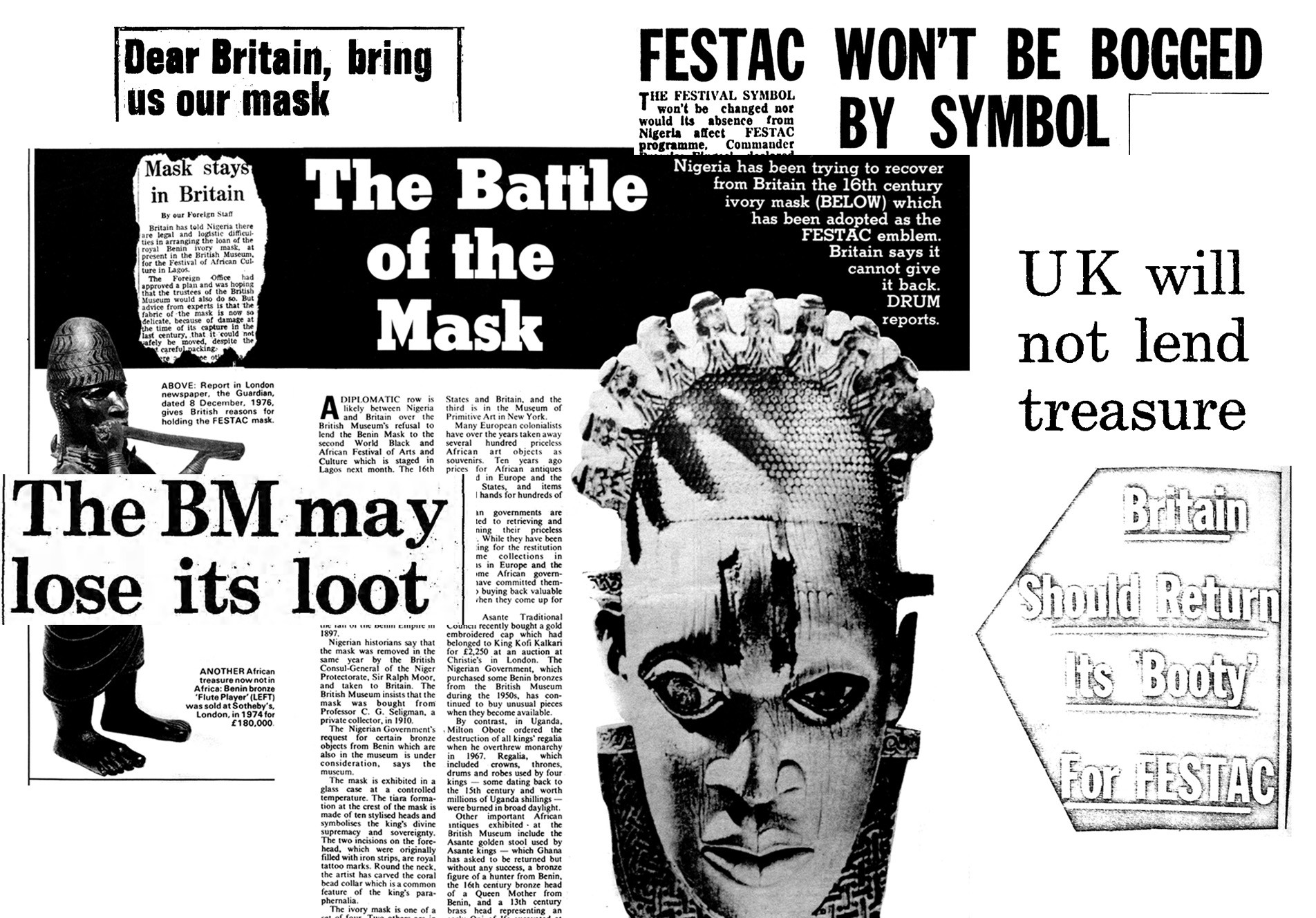




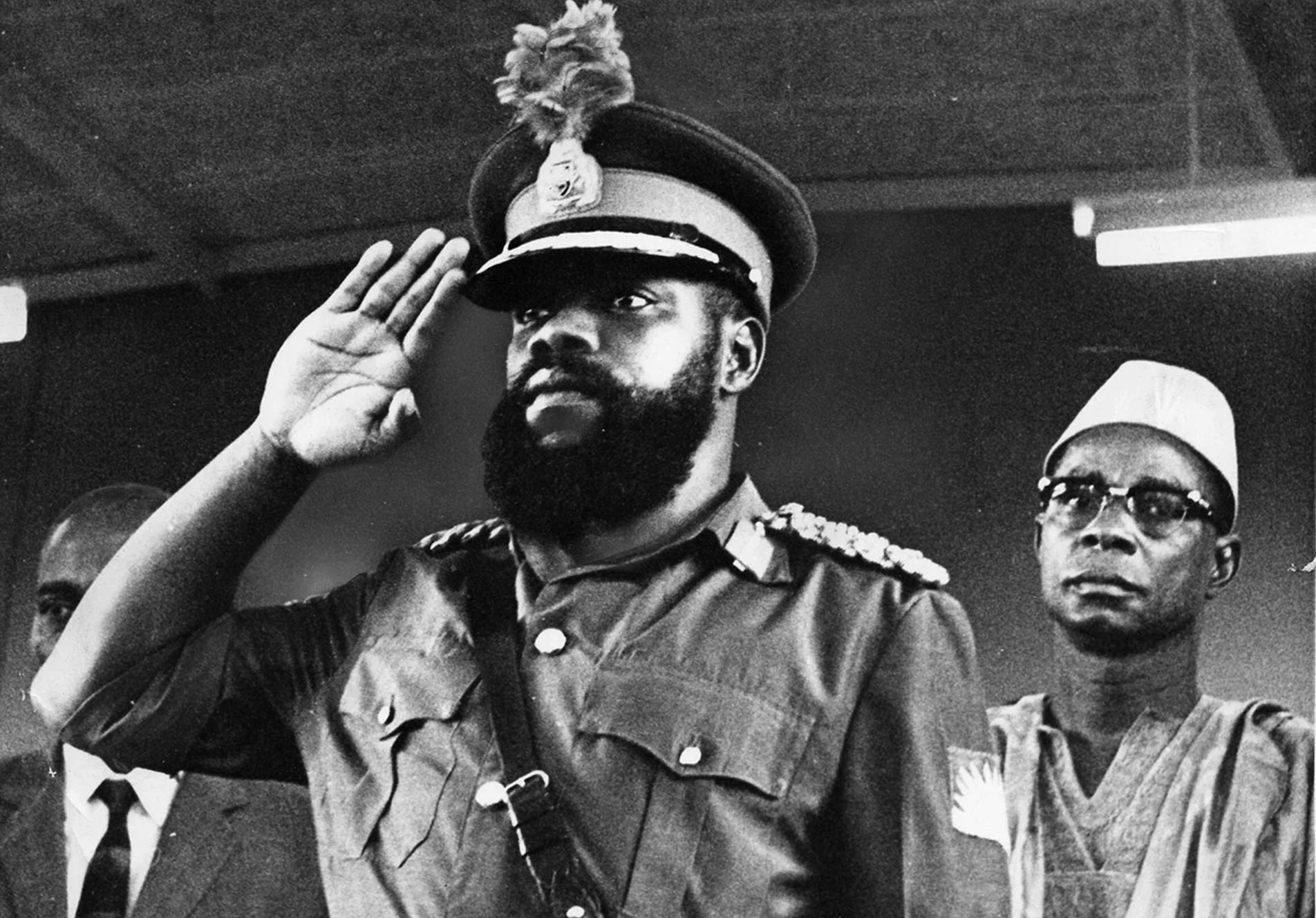

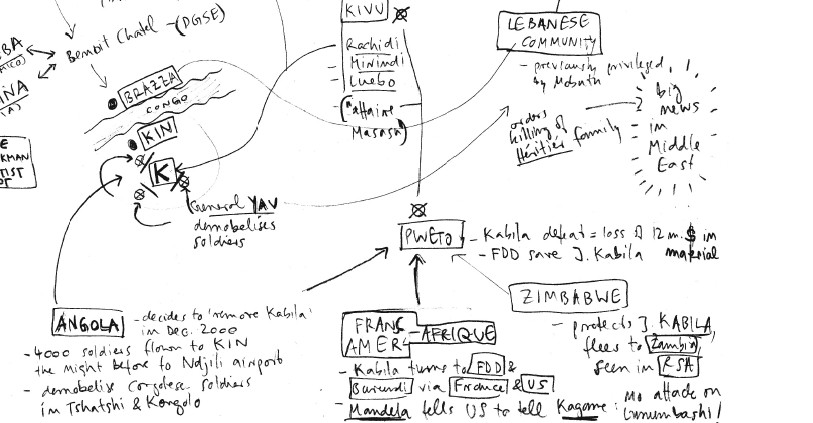





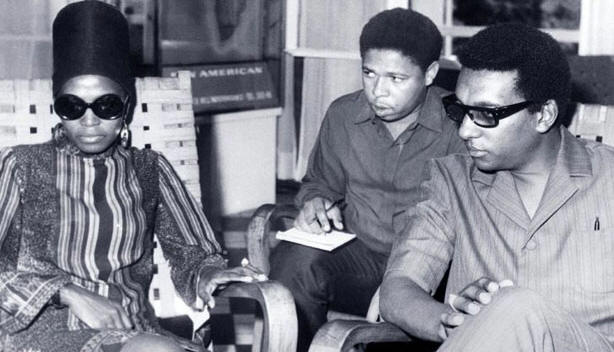

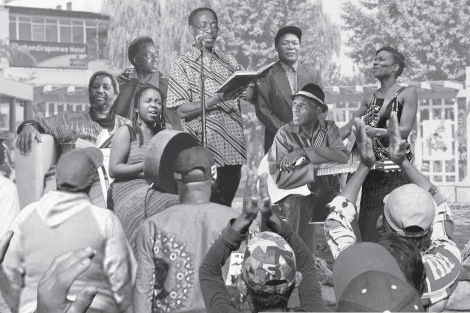




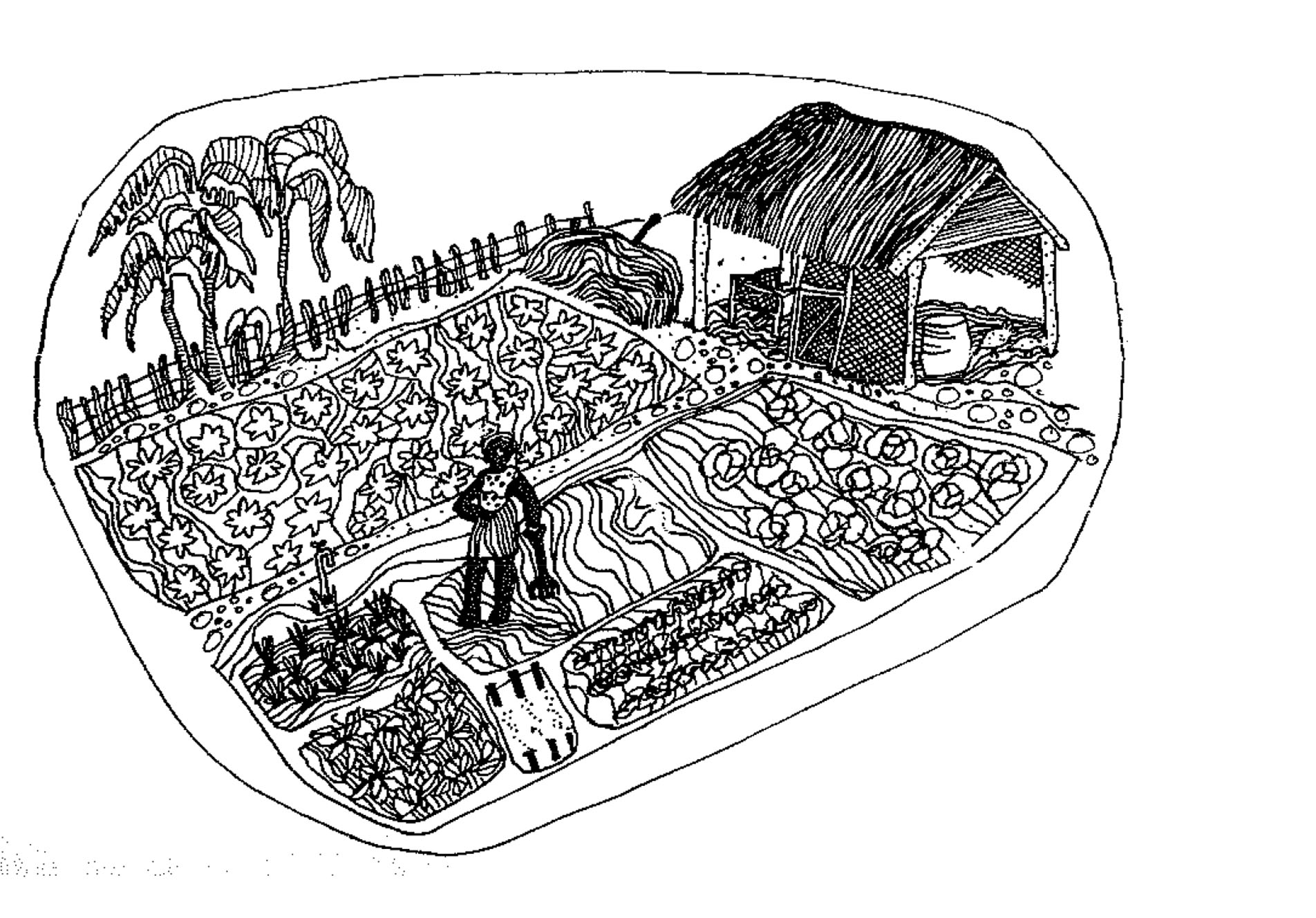


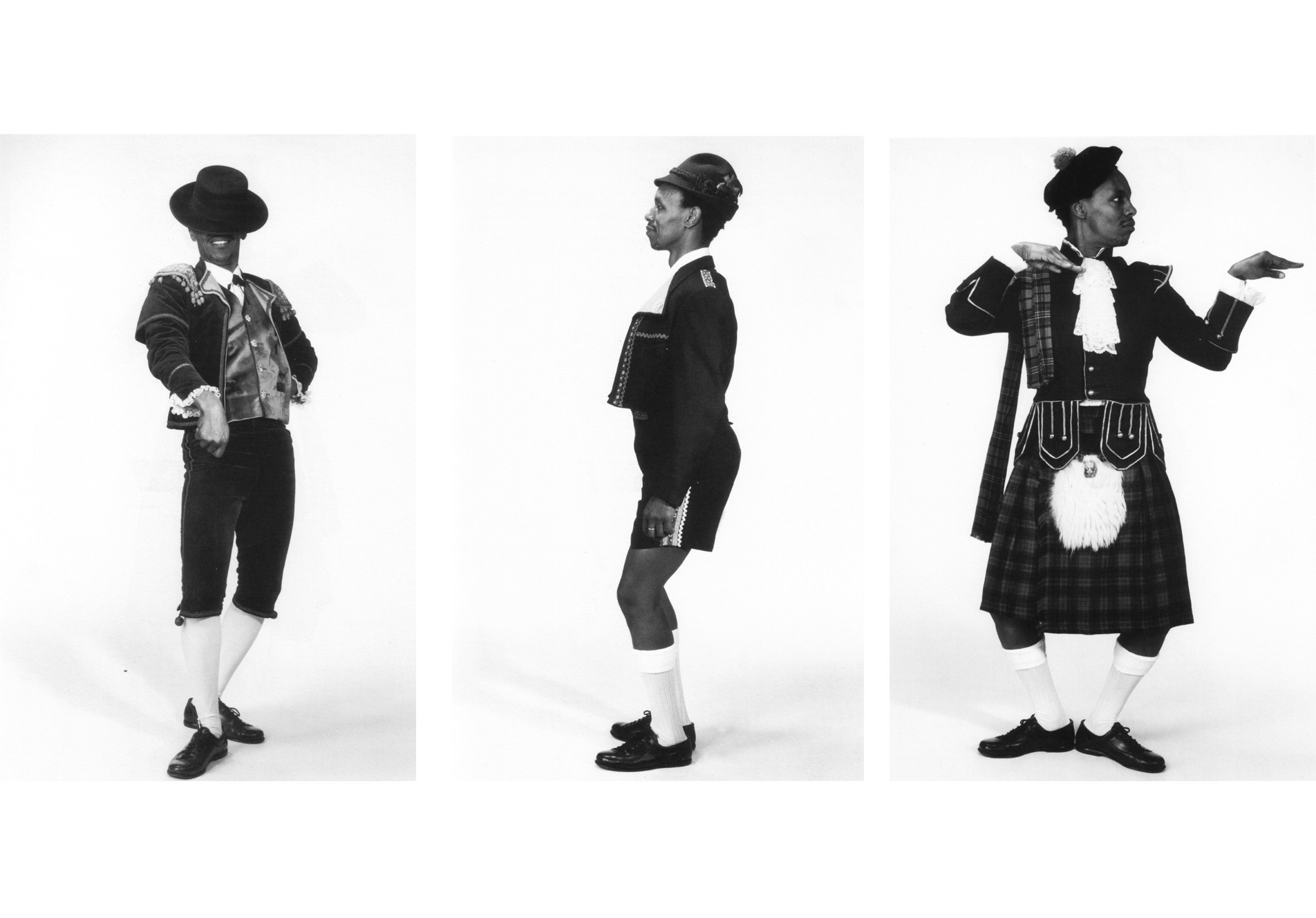













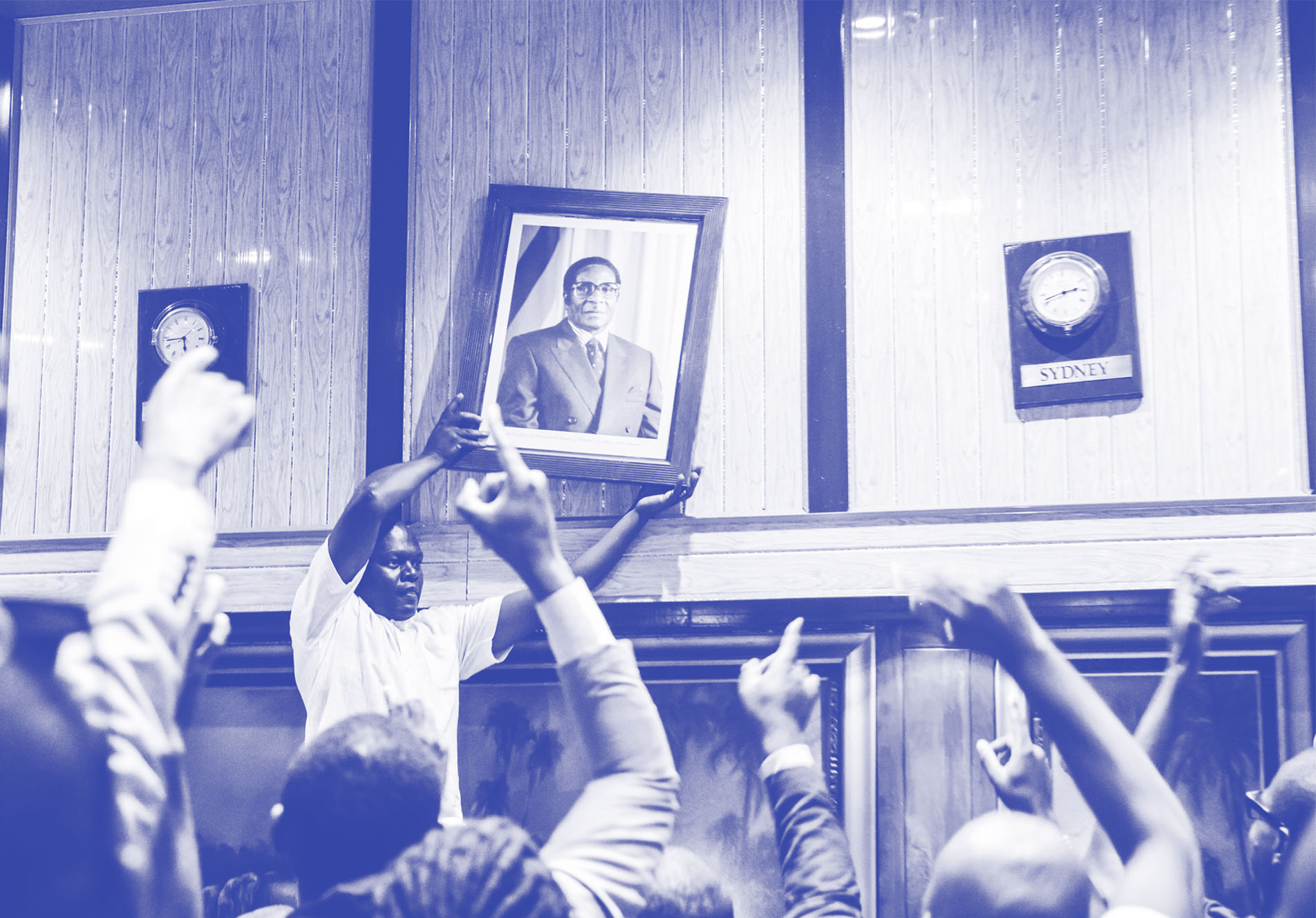



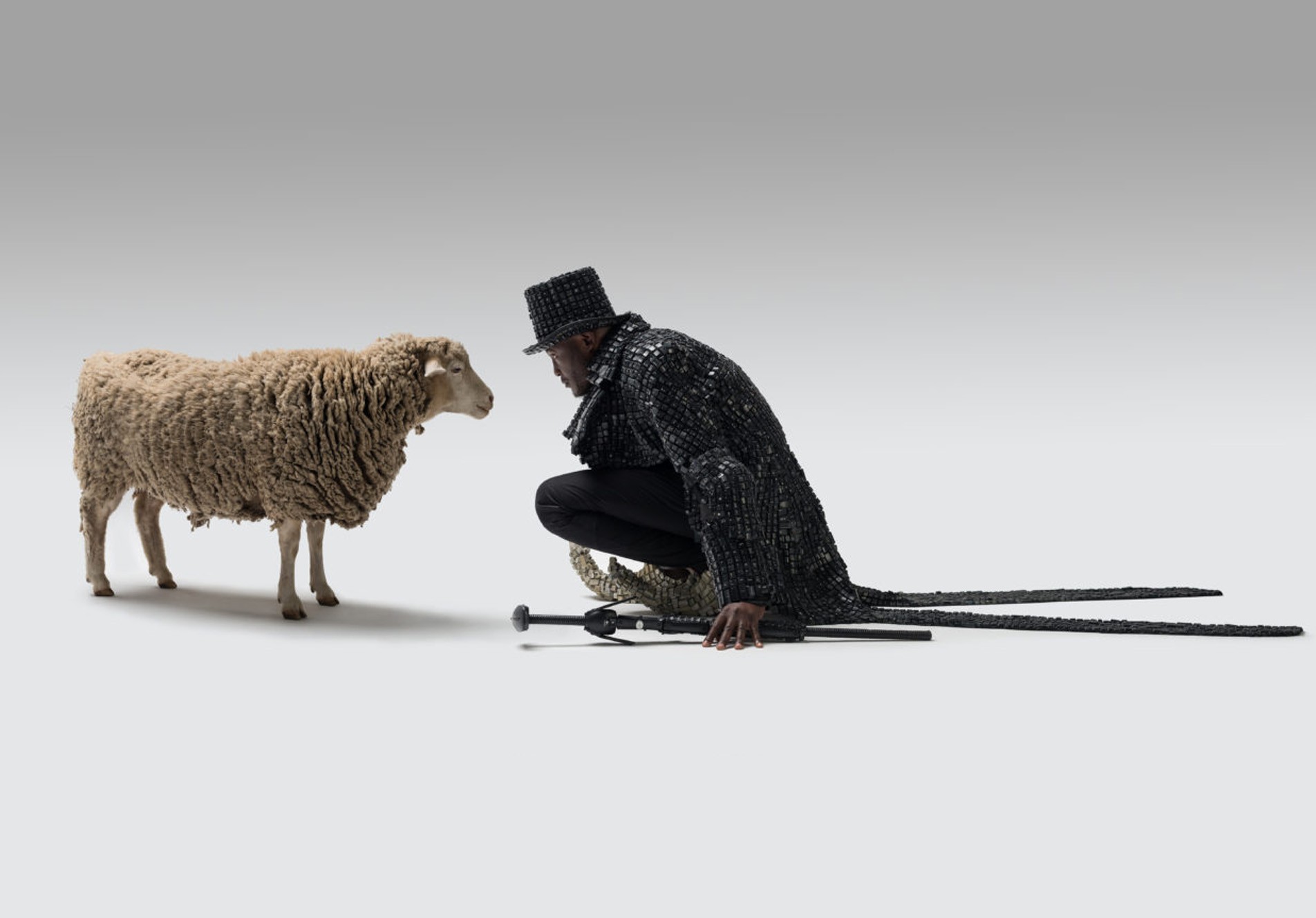
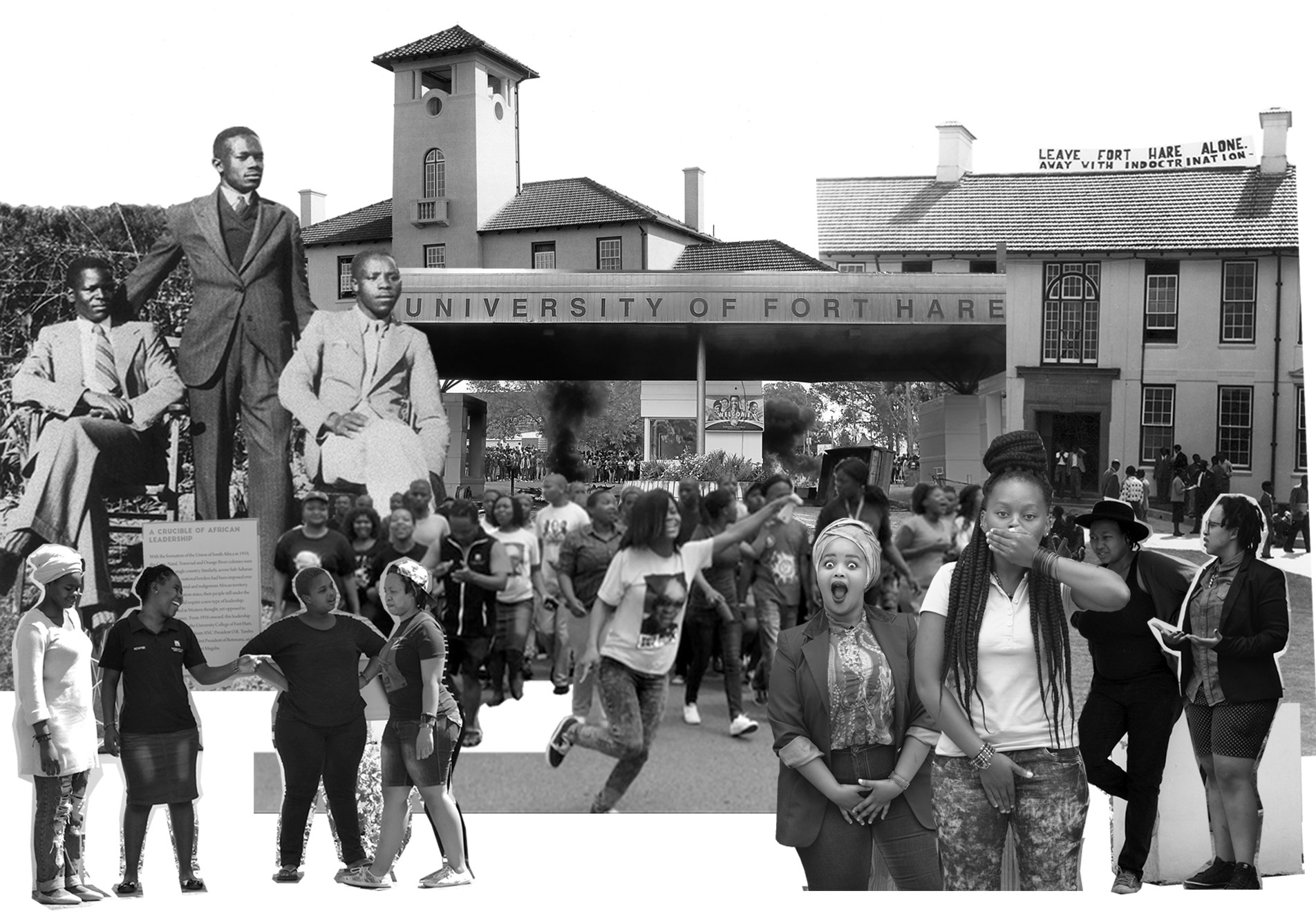








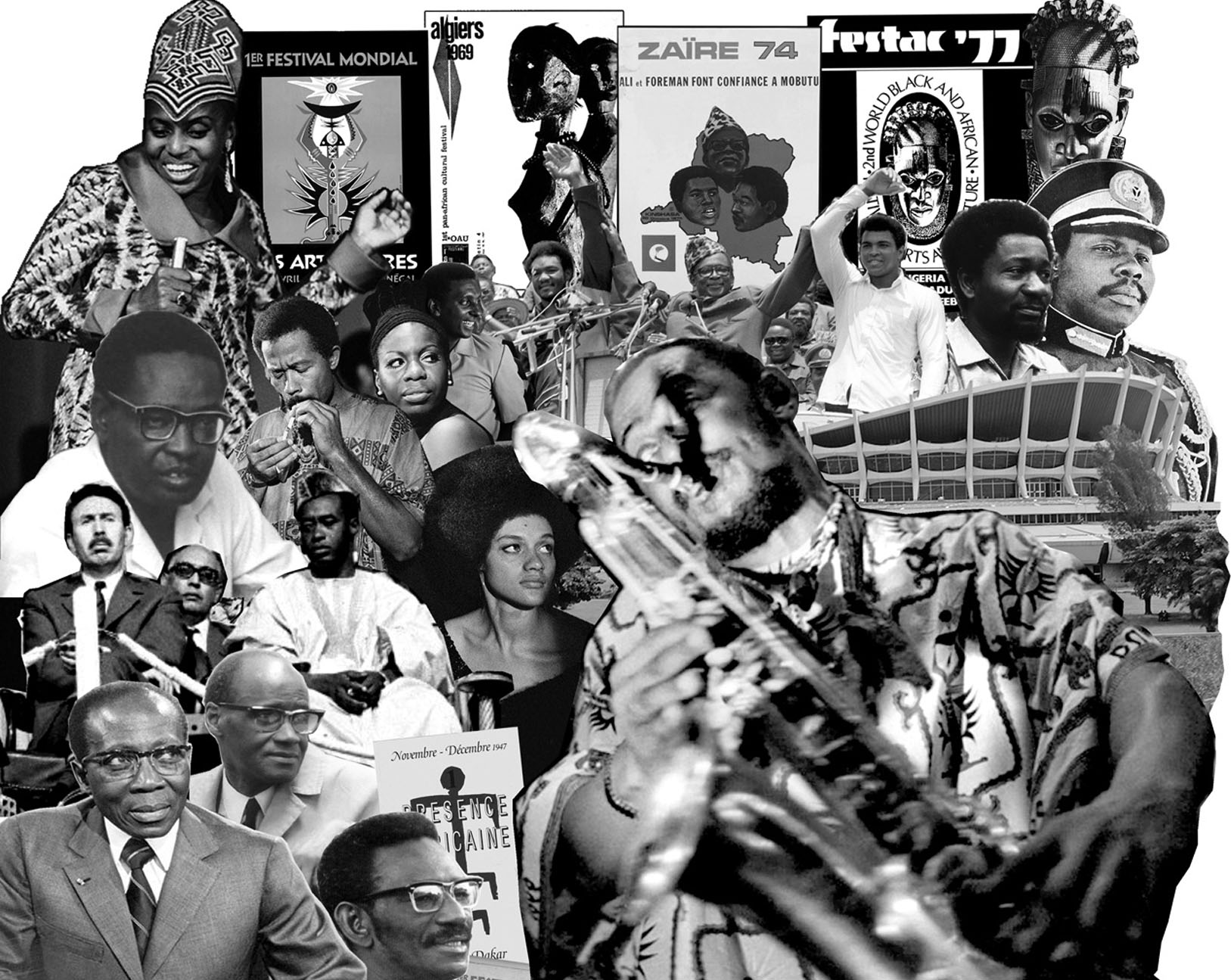


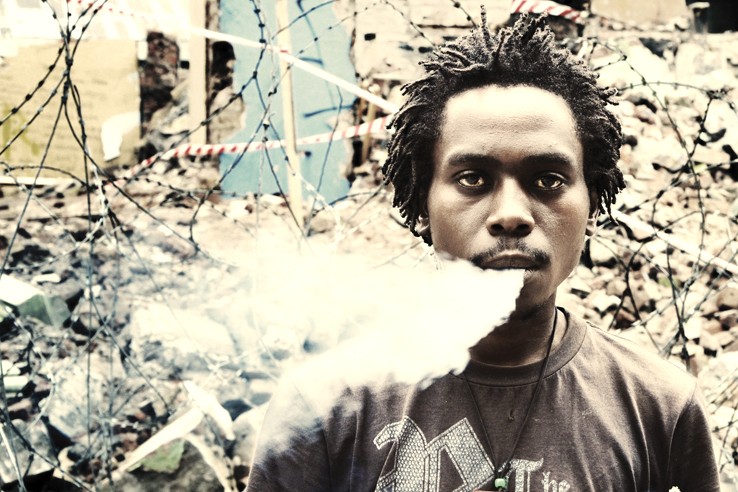

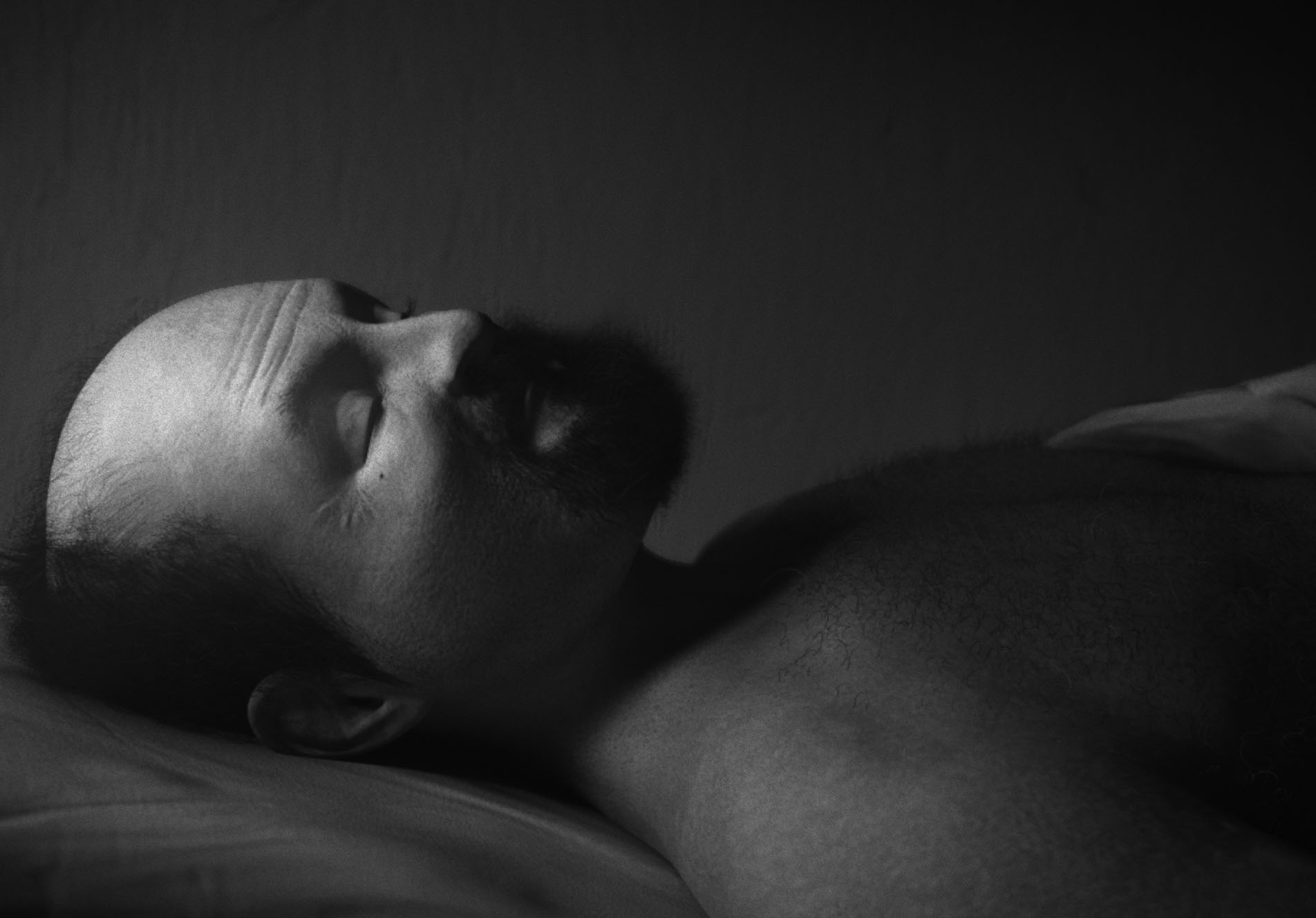
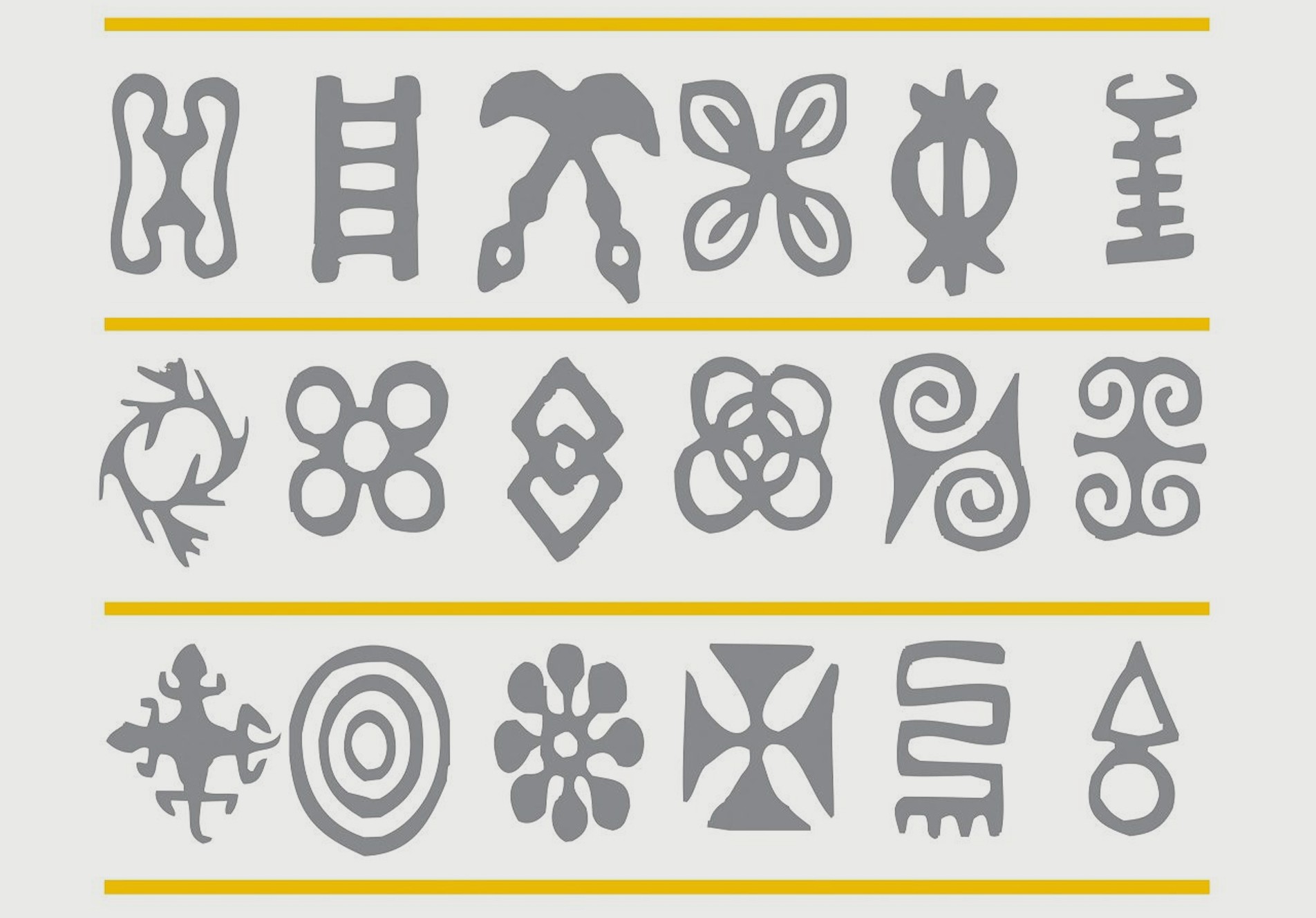





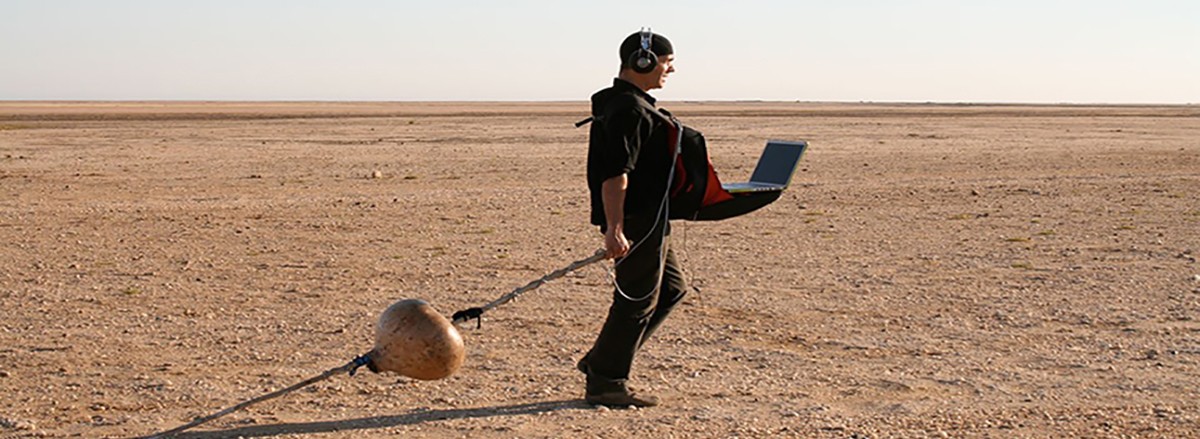




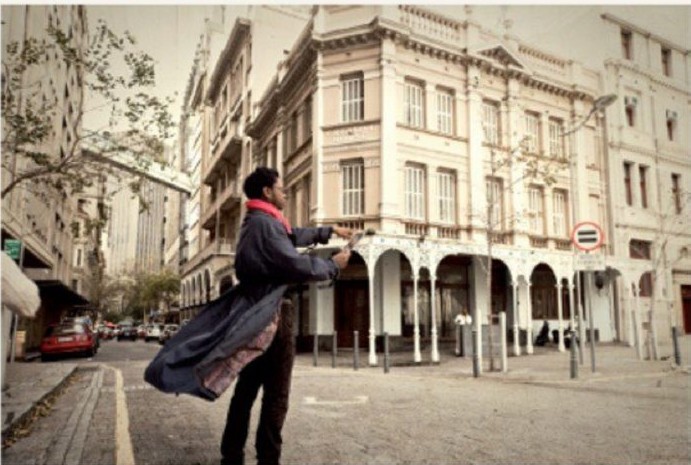

No comments yet.